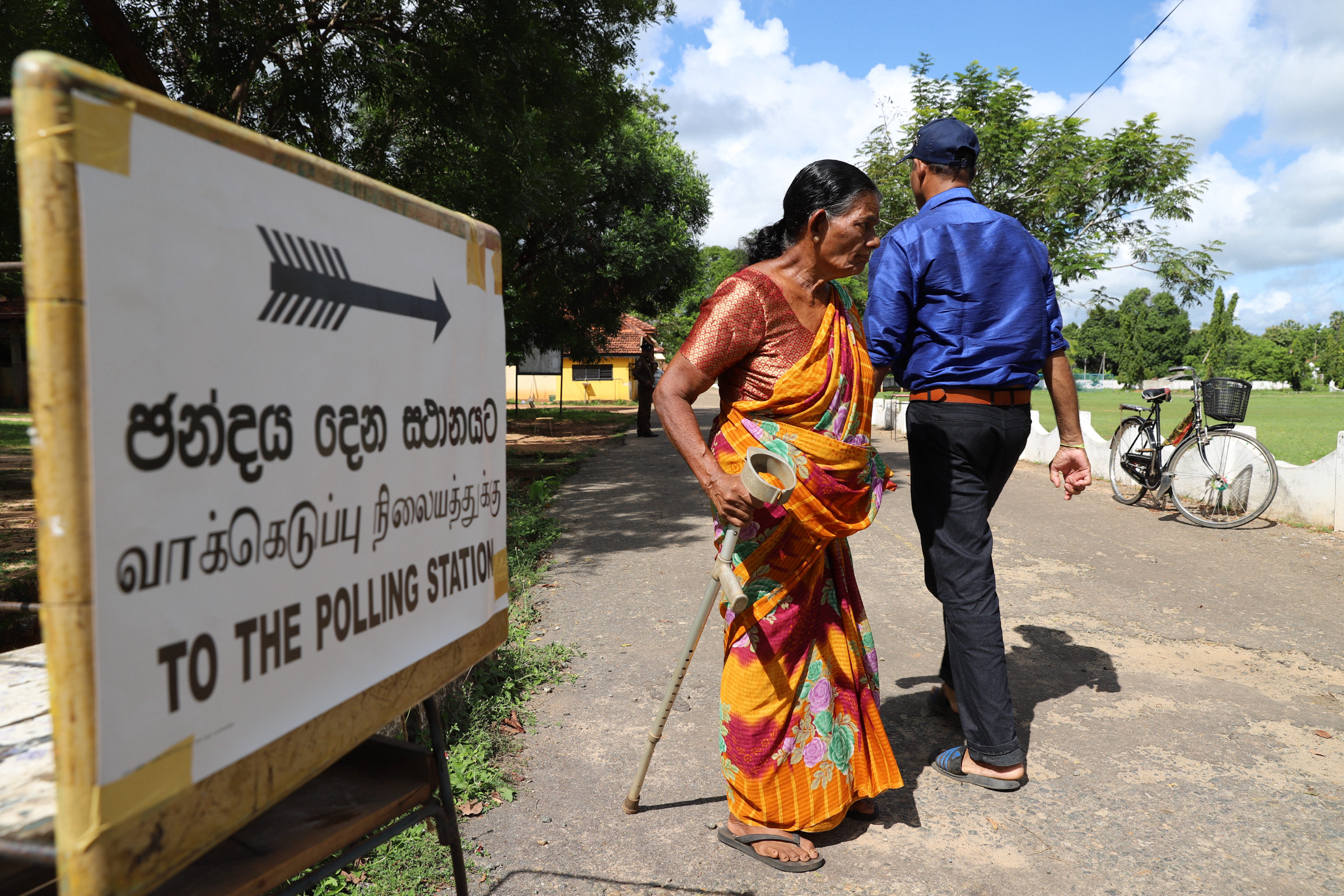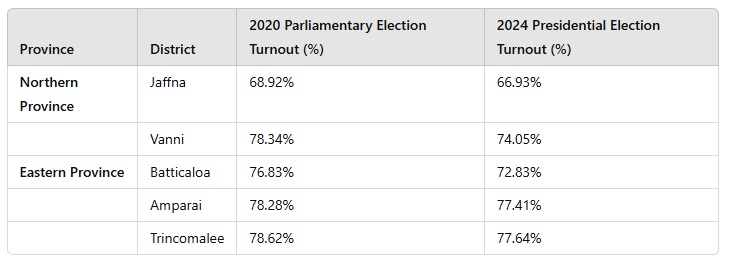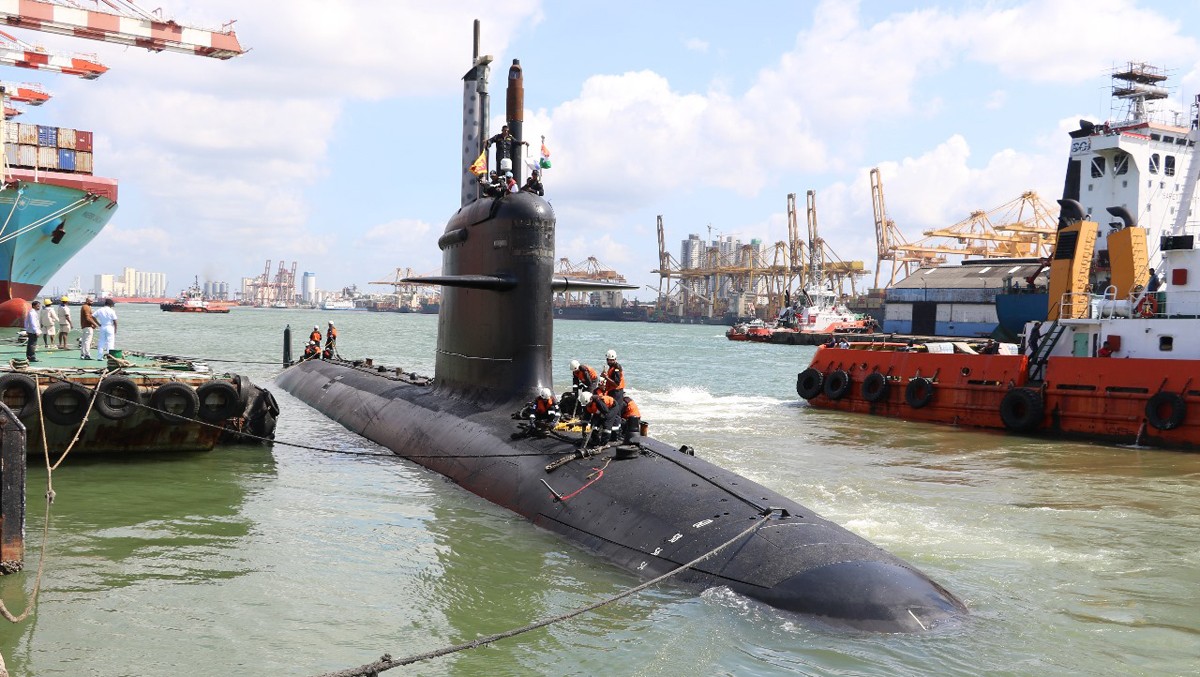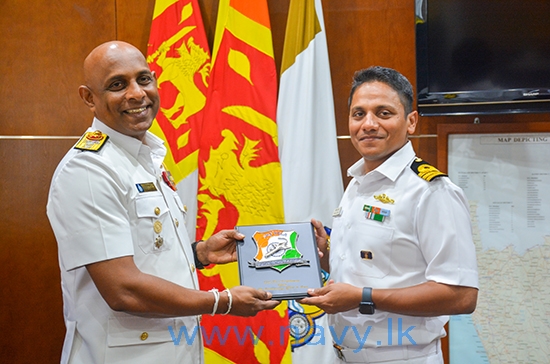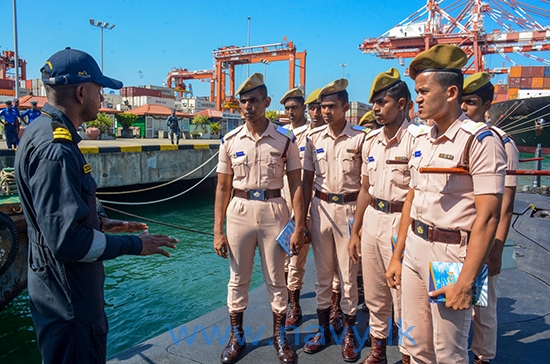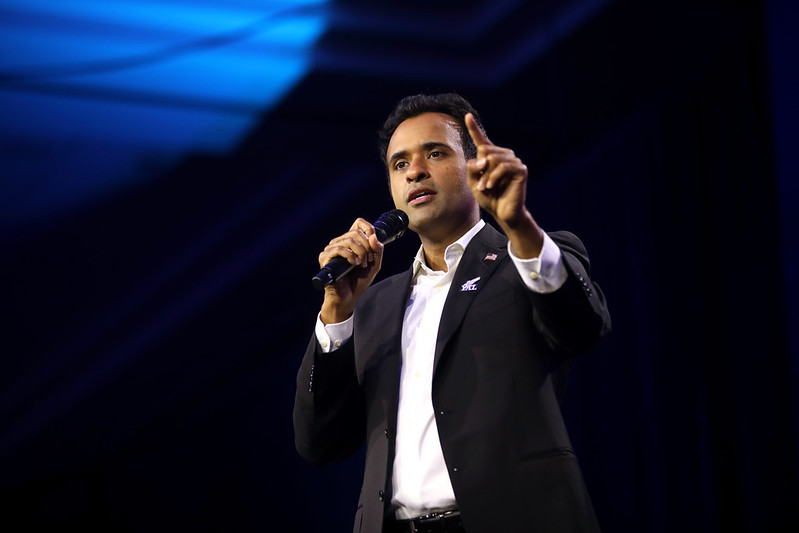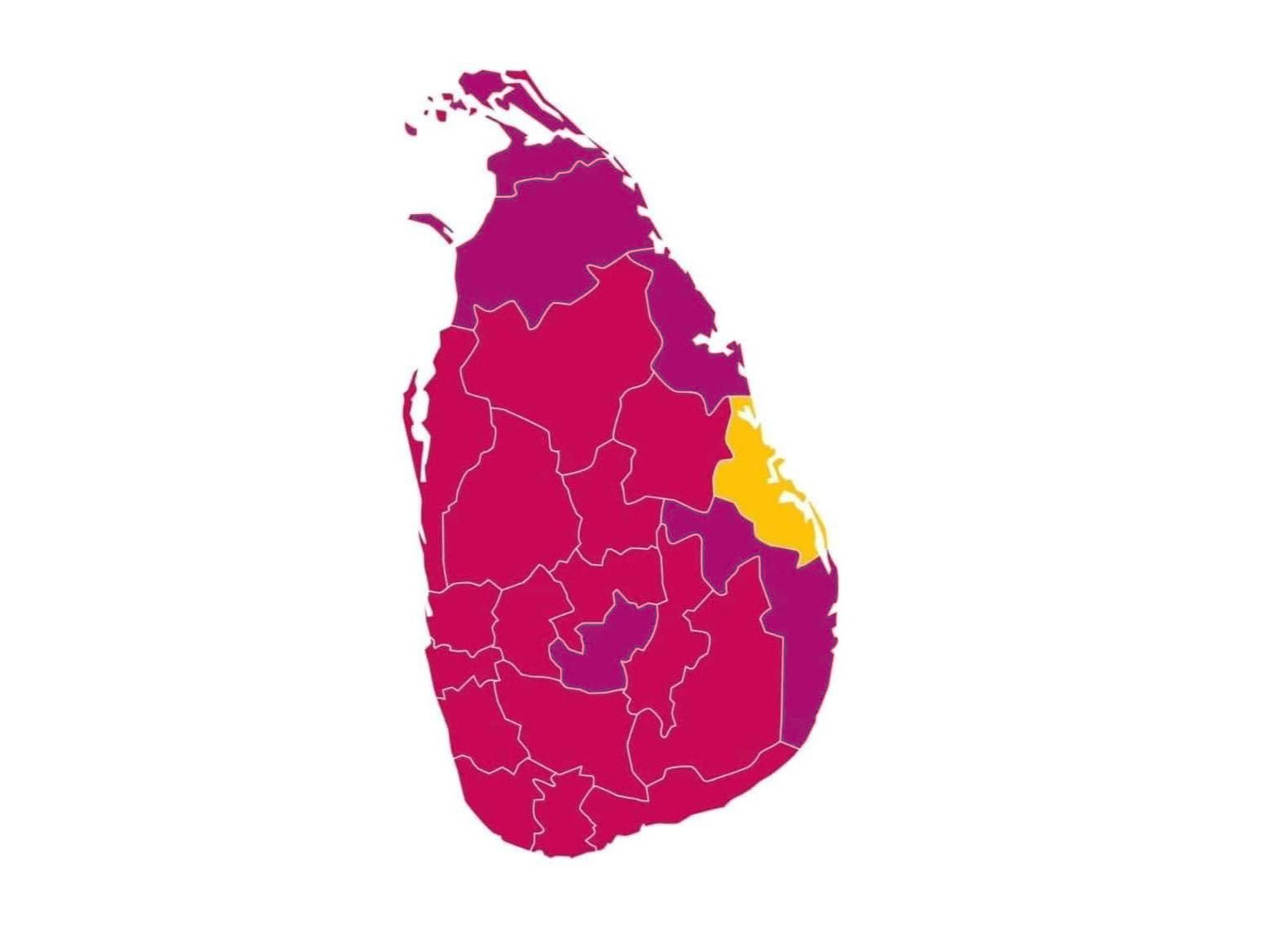
Sri Lanka’s National People’s Power (NPP) coalition has secured a two-thirds majority in parliament, granting it a ‘super majority’ with the ability to amend the island’s constitution, as it swept polls this morning – taking home the most number of seats ever.
The NPP also performed strongly across the Tamil North-East, an area usually dominated by traditional Tamil parties. Many saw a reduced vote share, with overtly Tamil nationalists now holding 11 seats in parliament, down from their 13 in 2020.
It was a night of major upsets as Anura Kumara Dissanayake’s coalition gained 159 seats in the 225-member parliament. Many of those elected are coming into parliament for the very first time, with a host of veteran politicians unseated. The result is the highest number of seats secured by a single coalition in Sri Lanka's history.
The opposition Samagi Jana Balawegaya (SJB) will have 40 seats, whilst the Ilankai Tamil Arasu Katchi (ITAK) is now the island’s third biggest, with 8 seats.
A record number of Tamil candidates
In the Tamil North-East a record number of candidates stood for election this year. In Jaffna and Vanni alone, more than 800 candidates from hundreds of political parties stood for just 12 seats. In the East, more than 1,200 candidates vied for their 16 seats.
The sheer number of candidates and political parties, some of which were newly formed, raised concerns that the Tamil vote would be split amongst the hundreds of choices on offer.
Infighting within the largest political party – the Ilankai Tamil Arasu Katchi (ITAK) – also dealt it a blow, in addition to the death of party stalwart R Sampanthan earlier this year.
However, the ITAK still managed to secure 8 seats in the North-East, making it the third largest party overall.
The Tamil National People’s Front (TNPF) secured one seat, with party leader Gajendrakumar Ponnambalam winning in Jaffna.
The Democratic Tamil National Alliance (DTNA), made up of parties that broke away from the ITAK-led Tamil National Alliance (TNA), also won a seat with Tamil Eelam Liberation Organization (TELO) leader Selvam Adaikkalanathan winning in Vanni.
Independent candidate Ramanathan Arcuna who came to the fore after protests erupted over corruption in Chavakachcheri Hospital also won a seat in Jaffna.
Overall, there will be at least 11 overtly Tamil nationalist MPs in Sri Lanka’s next parliament, a slight decrease from the 13 previously.

Big blows for paramilitary figures
Veteran government linked paramilitary leader Douglas Devananda of the Eelam People's Democratic Party (EPDP) was one of the night’s major causalities, losing his seat for the first time since 1994.
Other losses included paramilitary figure Sivanesathurai Chandrakanthan, also known as Pillaiyan, who failed to retain his seat in Batticaloa. Another pro-government figure Angajan Ramanathan of the Sri Lanka Freedom Party (SLFP) also failed to hold his seat. People's Liberation Organisation of Tamil Eelam (PLOTE) leader Dharmalingam Siddarthan also failed to win a seat, alongside Suresh Premachandran of the Eelam People's Revolutionary Liberation Front (EPRLF).
Senior ITAK figure M A Sumanthiran, who was involved in the infighting with the party, was yet another casualty, failing to retain his Jaffna seat for the first time since becoming a national list MP in 2010. In a press release prior to the voting, Sumanthiran said he would not take a national list seat if offered, potentially putting an end to his parliamentary career.
A host of new names and first time parliamentarians have taken their place, include several NPP members. The NPP coalition managed to top Jaffna, Vanni, Trincomalee and Amparai, but not Batticaloa.
See the full results below. More to follow.
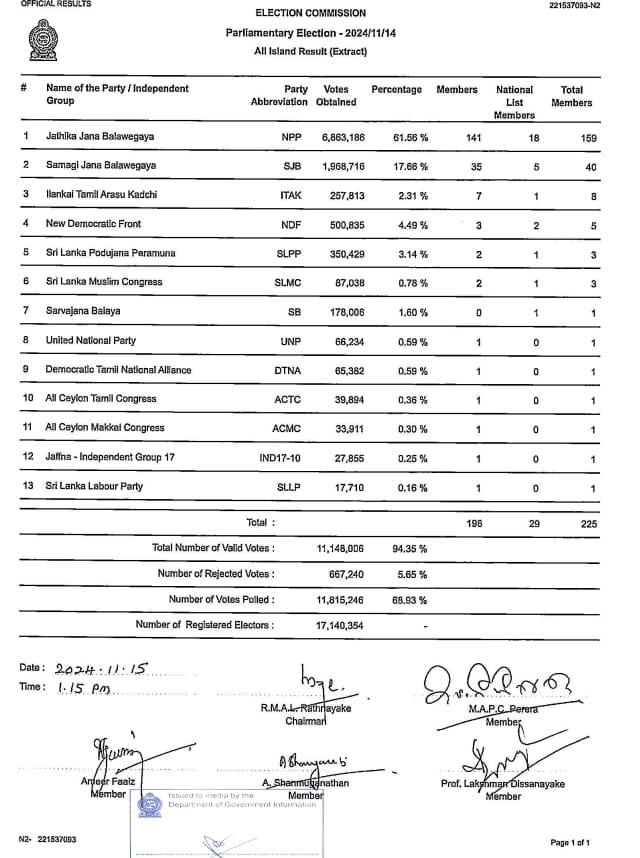
Jaffna - 396 candidates standing for 6 seats
ITAK
Sivagnanam Shritharan – 32,833
NPP
Ilankumaran Karunanathan – 32,102
Dr Sribavanadarajah Shanmuganathan – 20,430
Rajeevan Jeyachandramoorthy – 17,000
Ind. 17
Ramanathan Arcuna – 20,487
ACTC
Gajendrakumar Ponnambalam – 15,135

Vanni – 423 standing candidates for 6 seats
NPP
Selvathambi Thilakanathan – 10,652
Arumugam Jegadishwaran – 9,280
ITAK
Thurairasa Ravikumar – 11,215
SJB
Rishad Bathiudeen – 21,018
DTNA
A Adaikkalanathan – 5,695
SLPP
Cader Masthan – 13,511
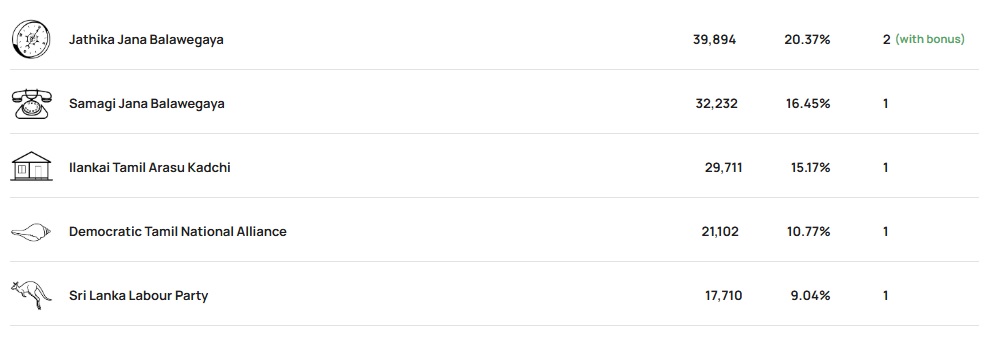
Batticaloa – 392 standing candidates for 5 seats
ITAK
Shanakiyan Rasamanickam – 65,458
G Srinesan – 22,773
Srinath – 21,202
NPP
K Prabhu – 14,856
SLMC
A M Hizbullah – 32,410

Trincomalee – 217 standing candidates for 4 seats
NPP
Arun Hemachandra – 38,368
Roshan Akmeemana – 25,814
SJB
Imran Maharoof – 22,779
ITAK
Shanmugam Kugathasan – 18,470

Amparai – 640 candidates standing for 7 seats
NPP
Wasantha Piyathissa – 71,120
Manjula Ratnayake – 50,838
Priyantha Wijeratne – 41,313
Muthumenike Rathwatte – 32,145
ACMC
M M Thahir – 14,511
SLMC
Meerasahibu Uthumalebbe – 13,016
ITAK
Kavindran Kodeeswaran – 11,962

Breakdown of Jaffna District
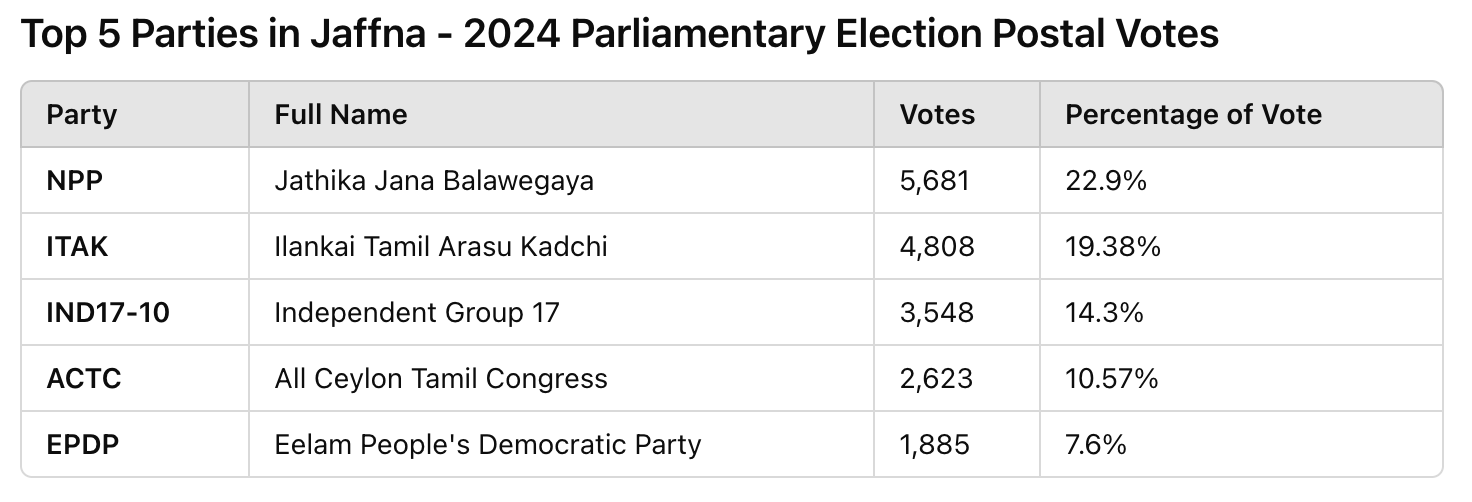
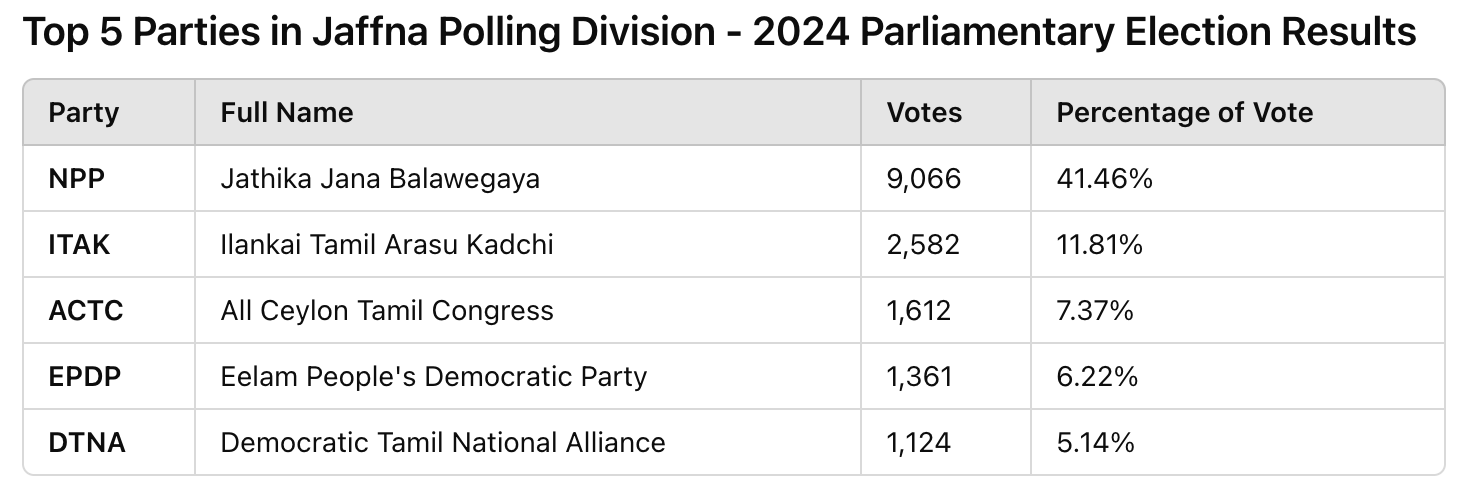
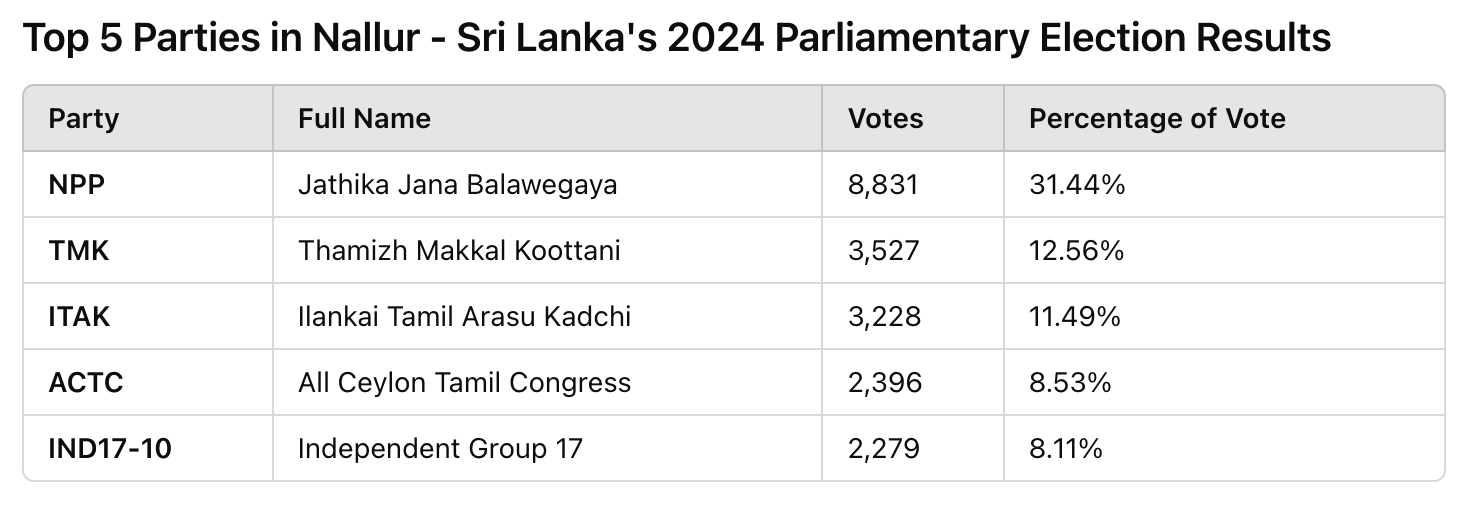
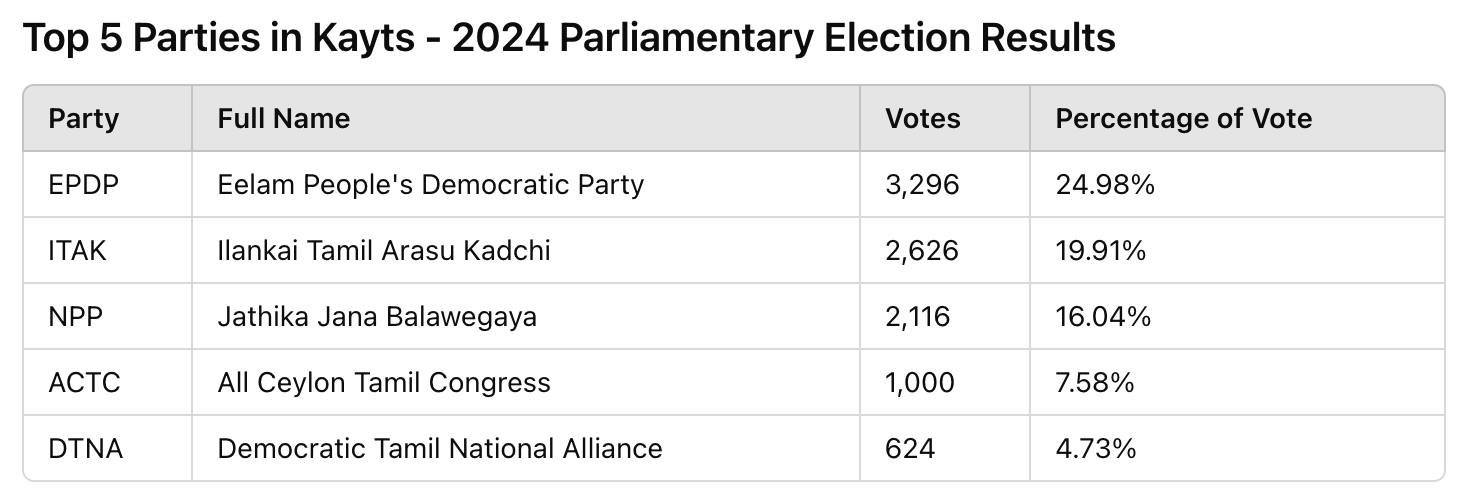
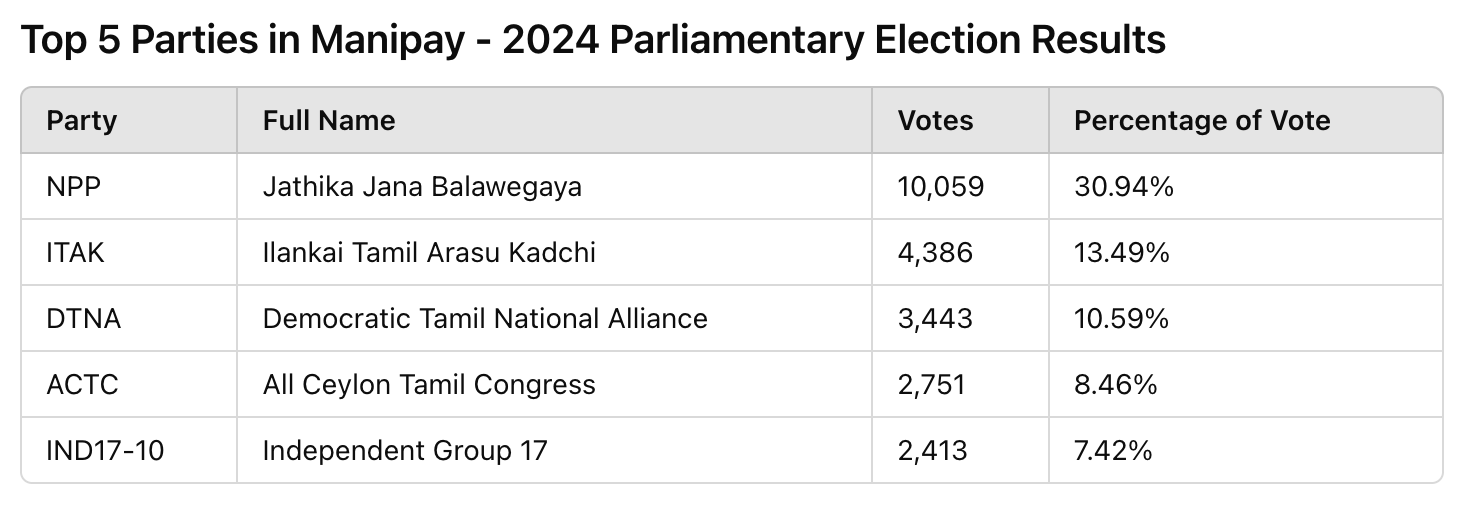
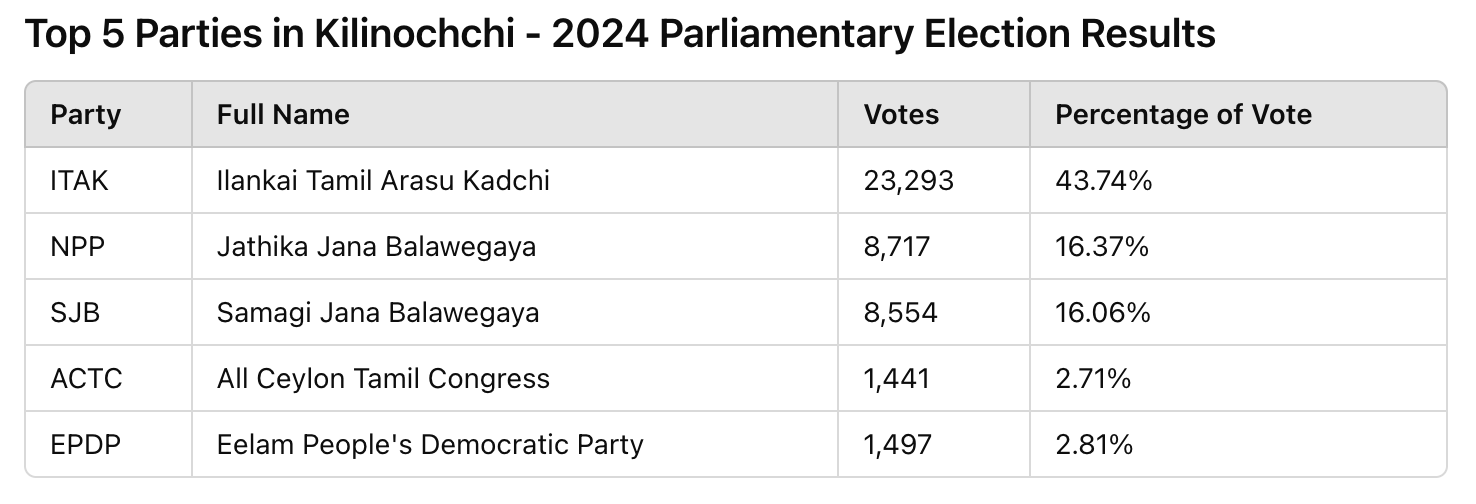
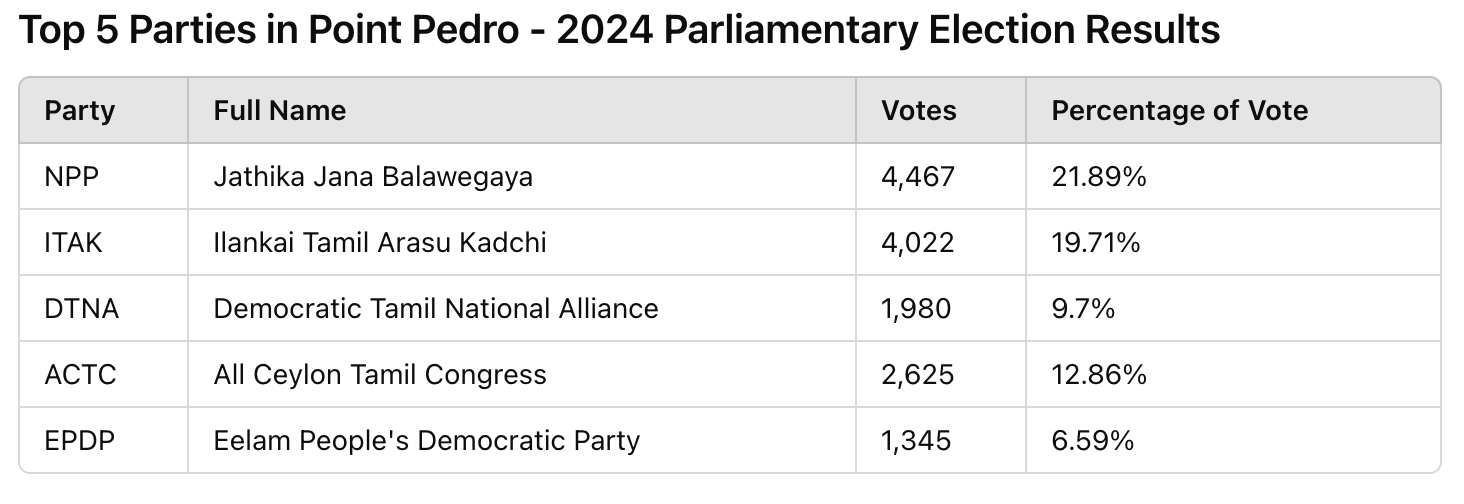
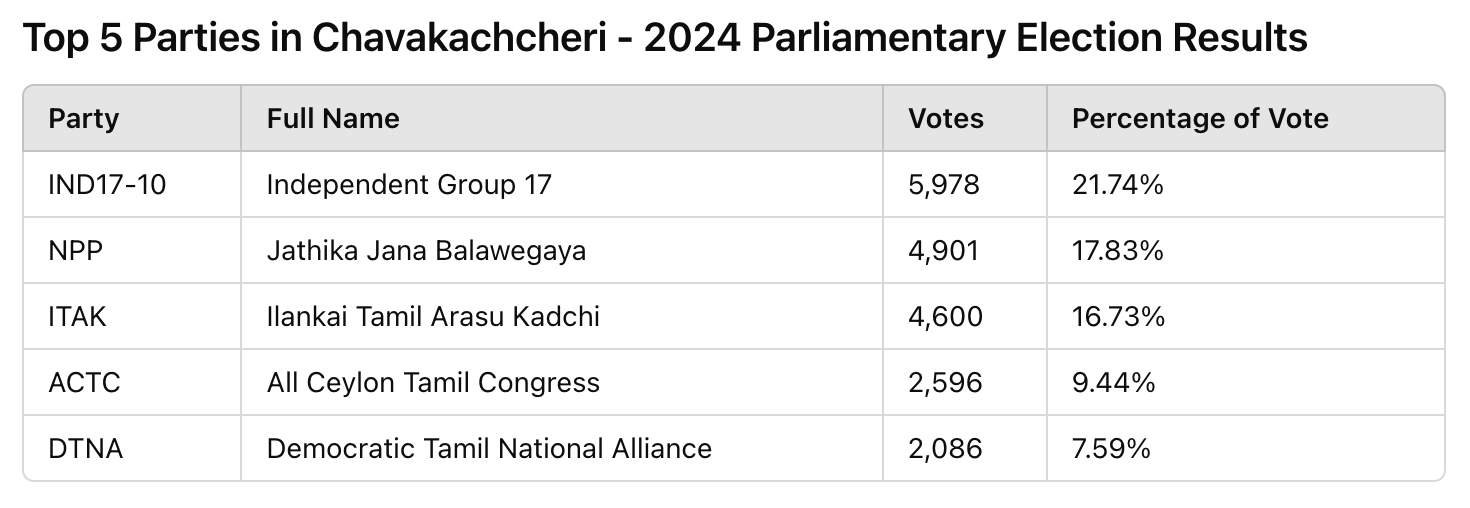
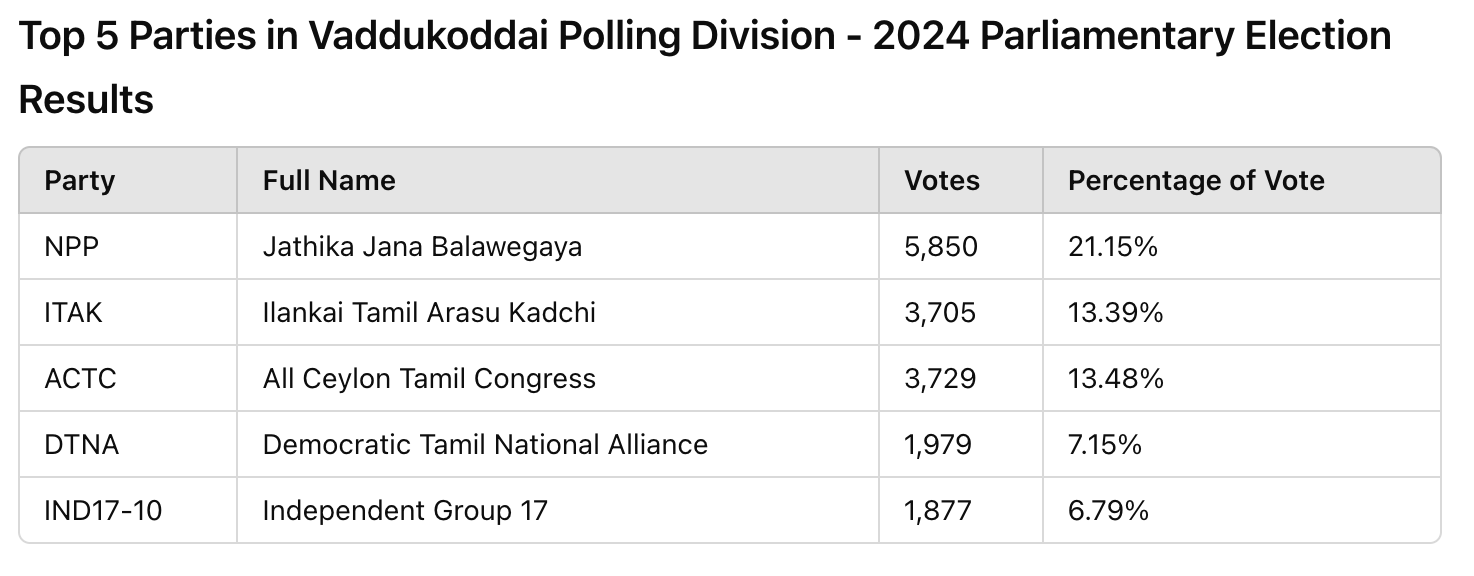
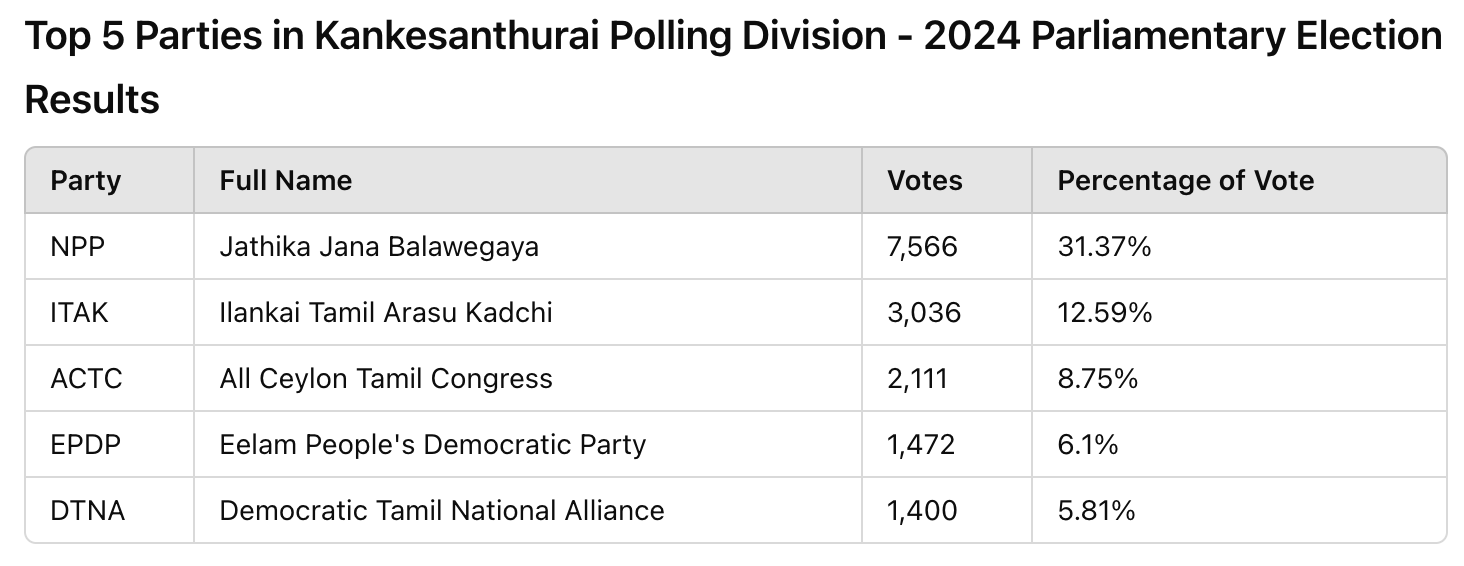
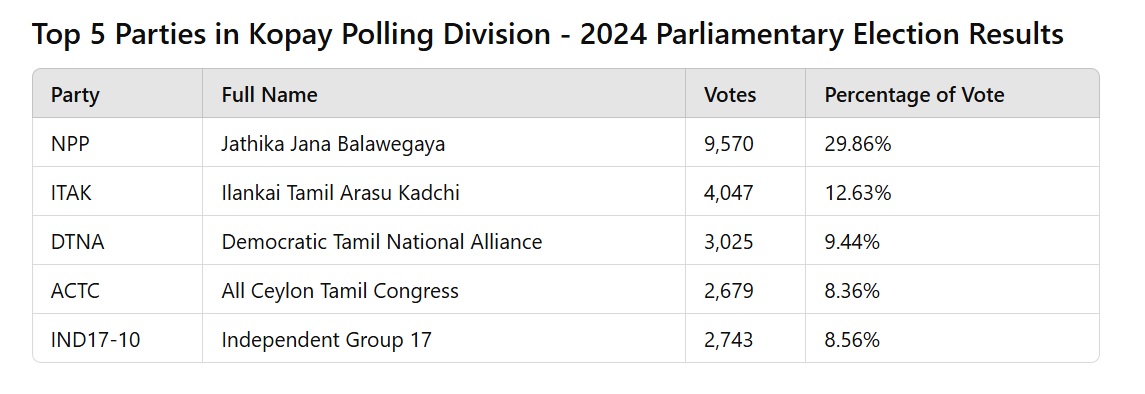
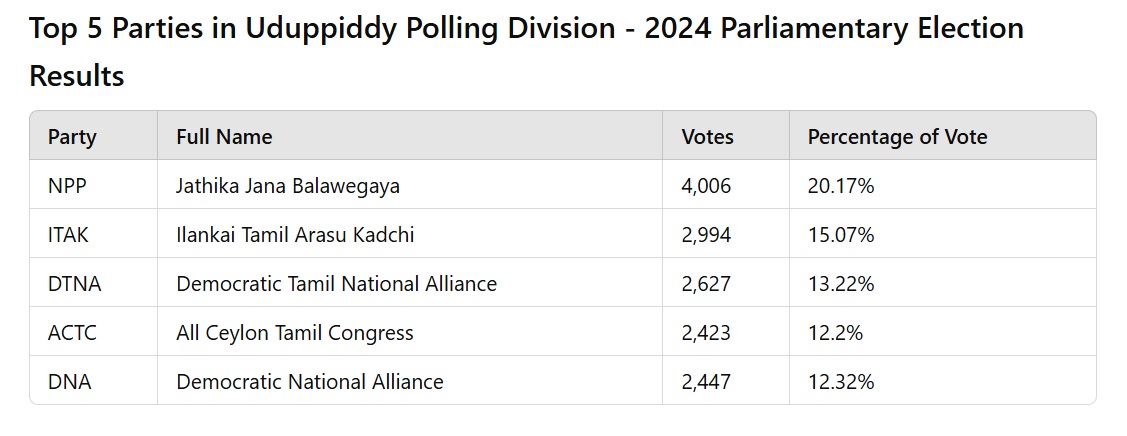
Breakdown of Vanni district
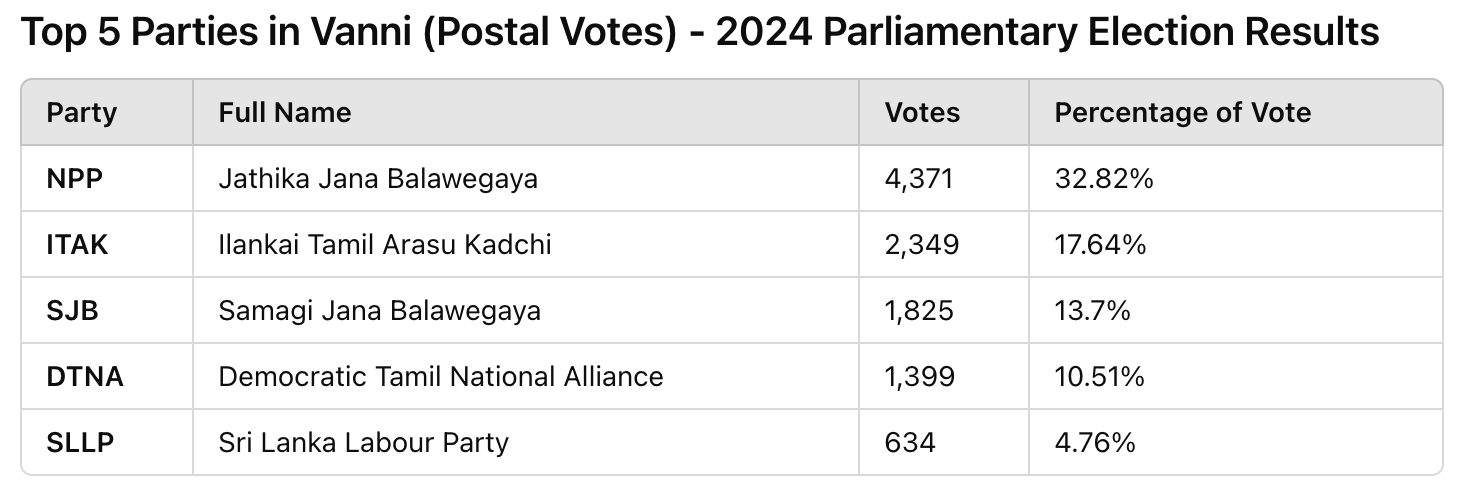
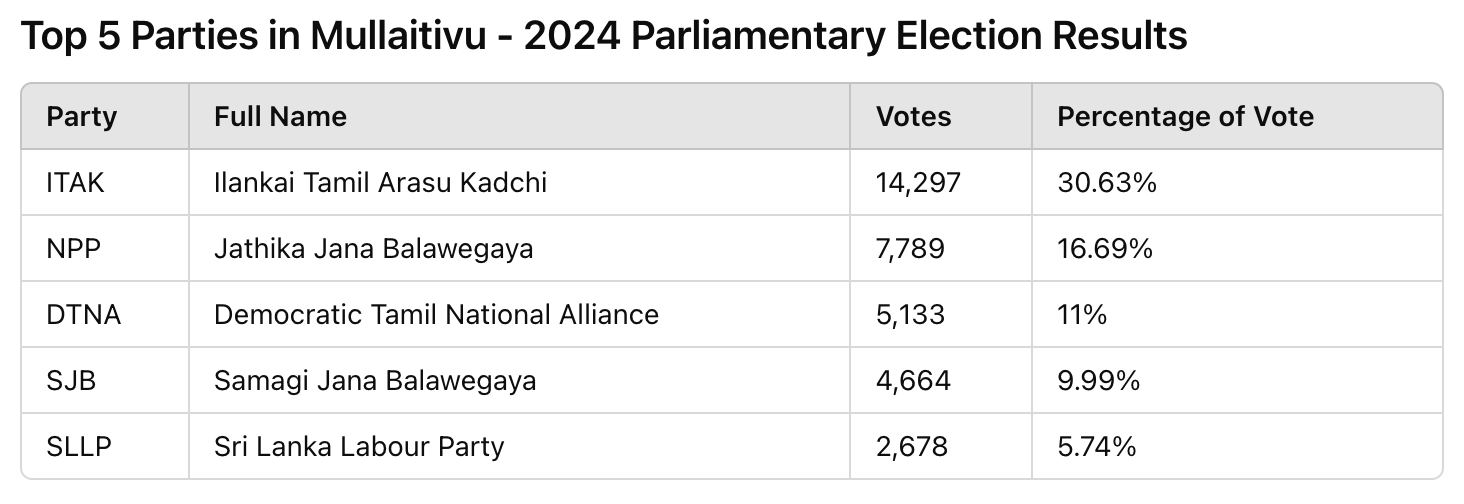
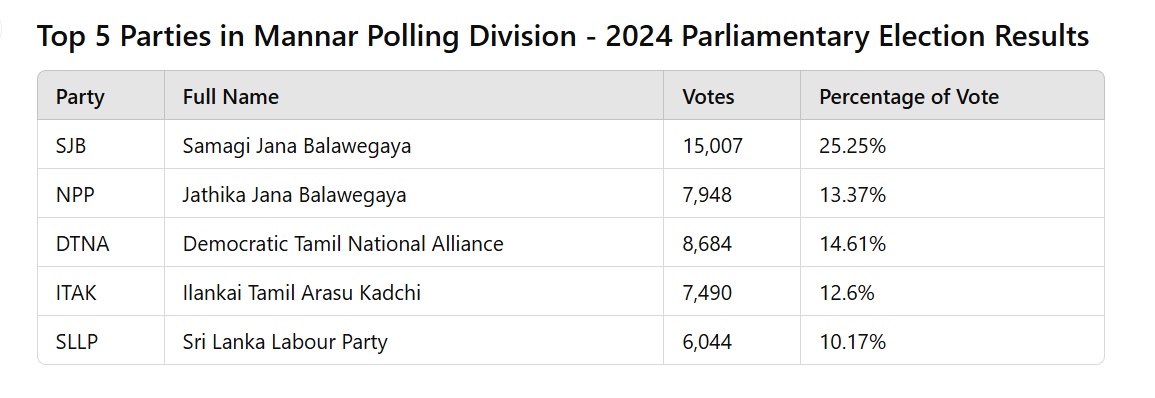
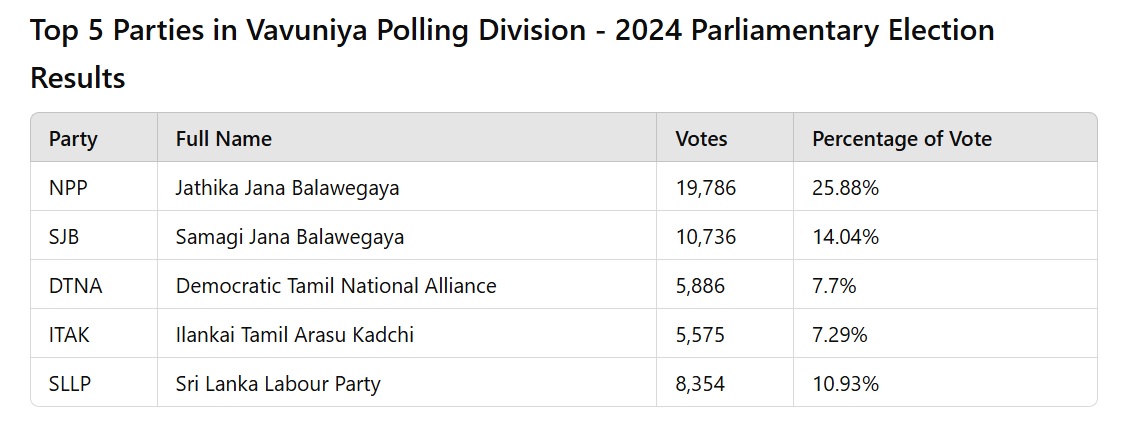
Breakdown of Batticaloa District
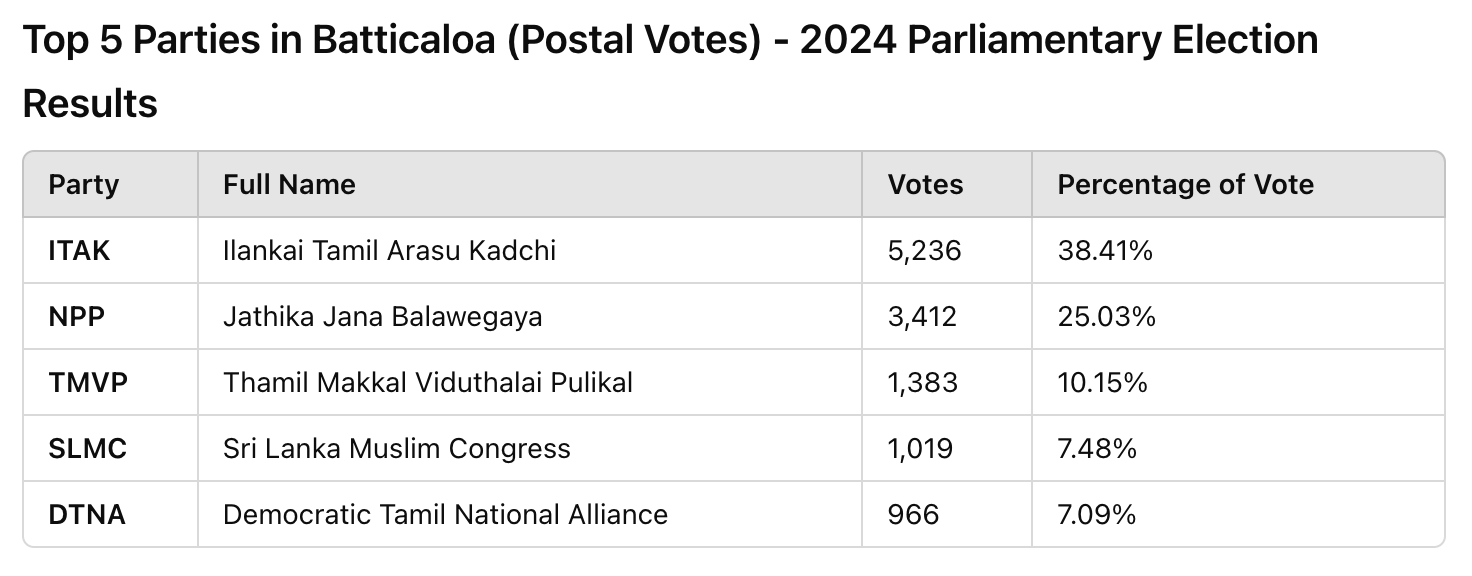
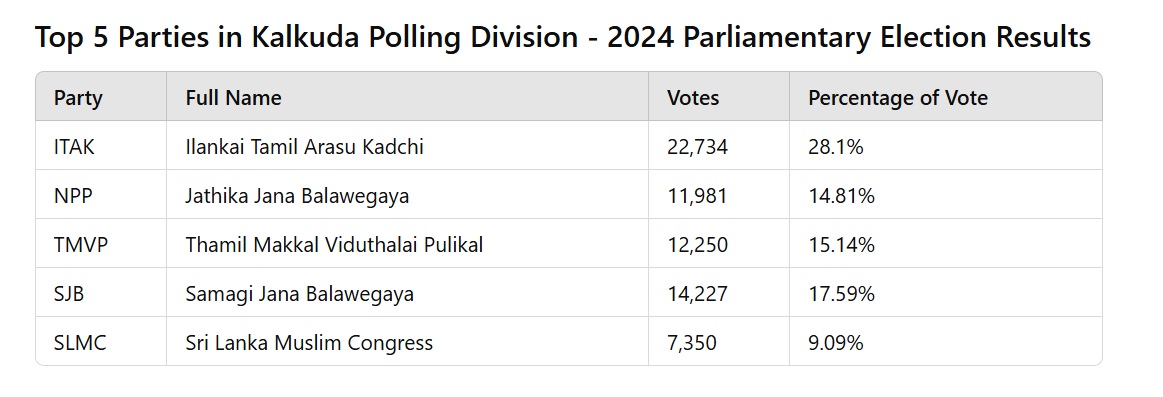
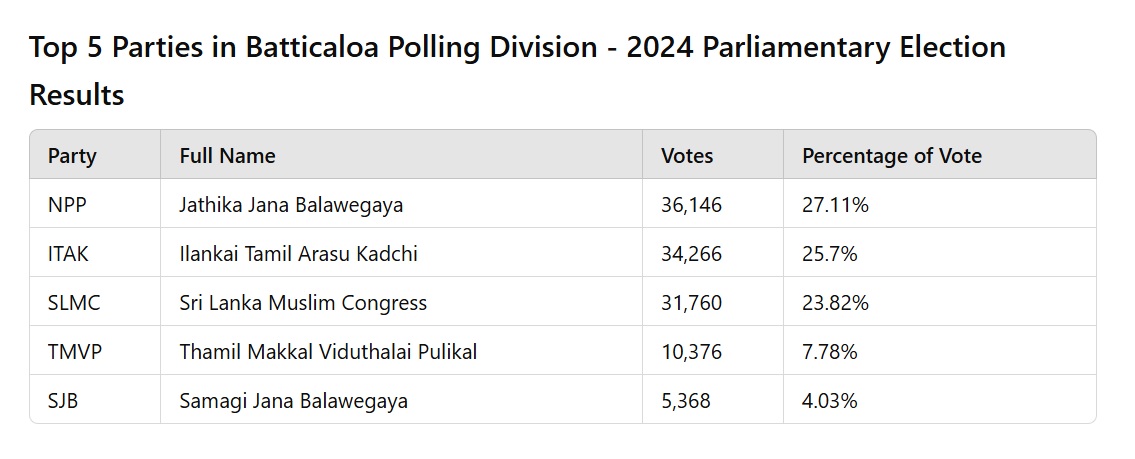
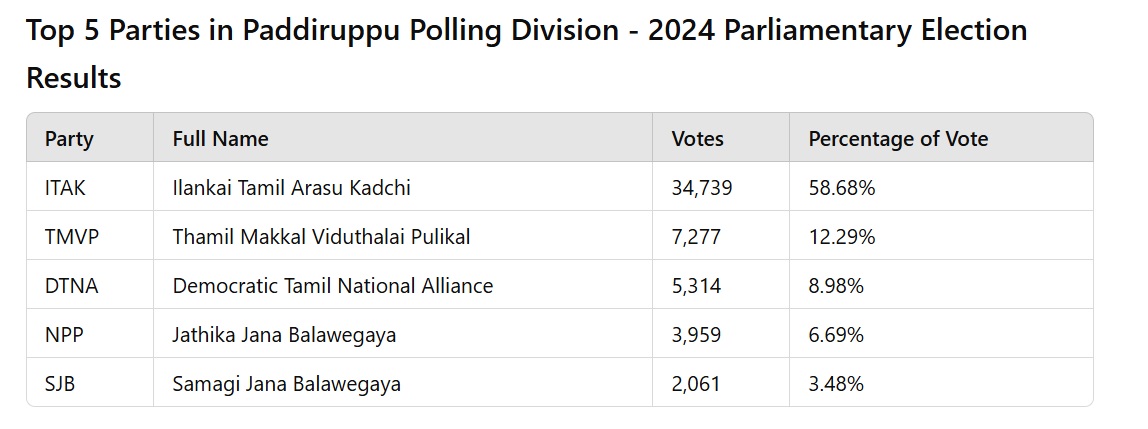
Breakdown of Amparai district

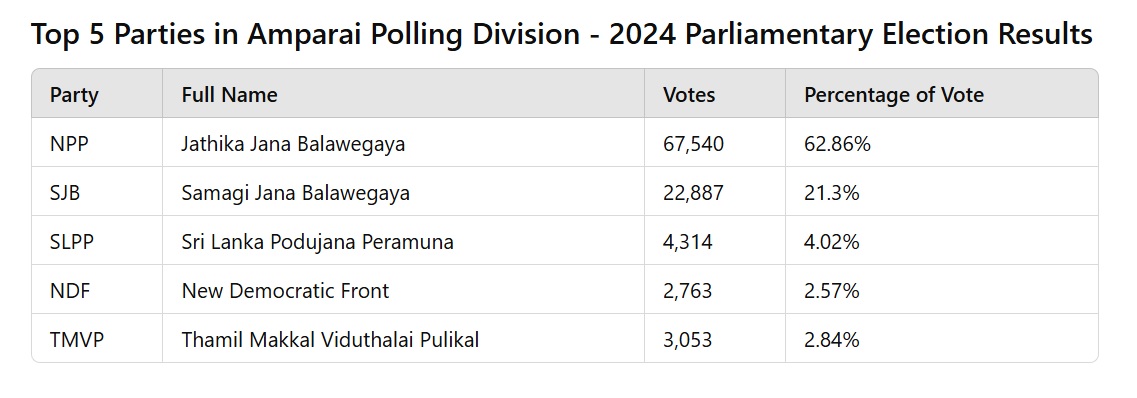
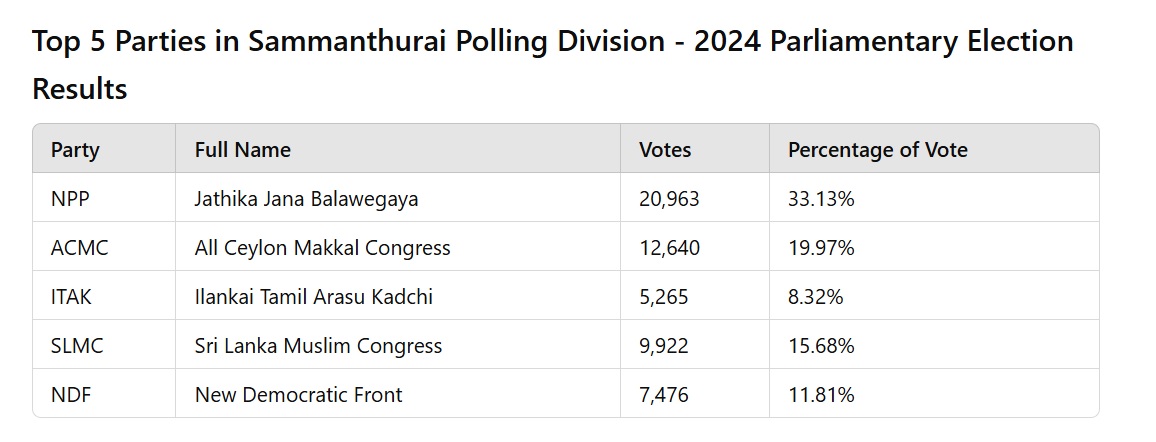
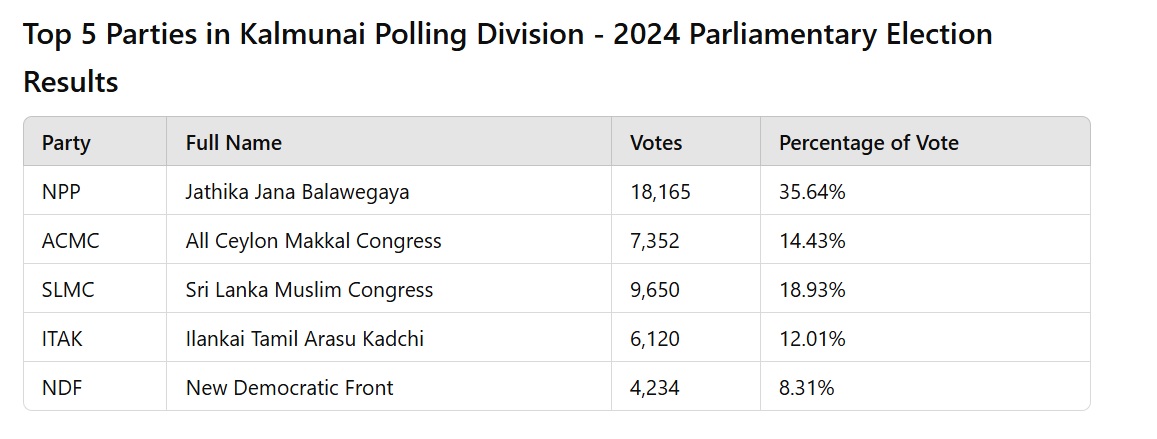
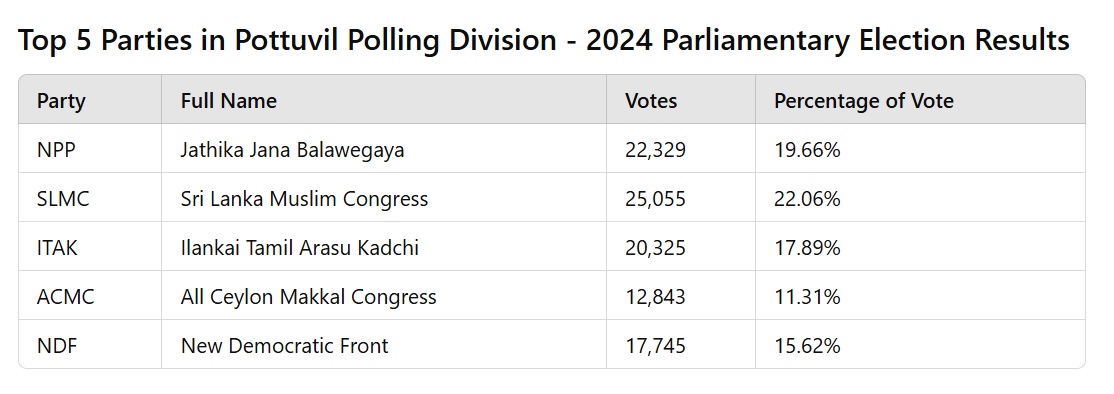
Breakdown of Trincomalee District
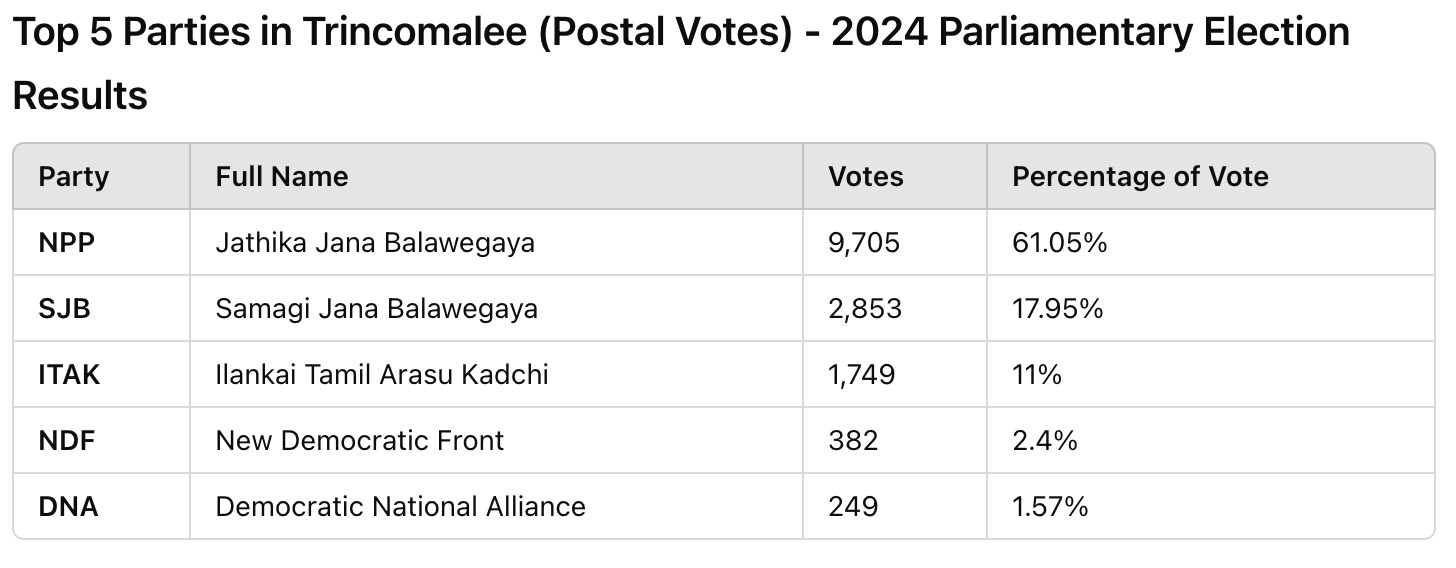
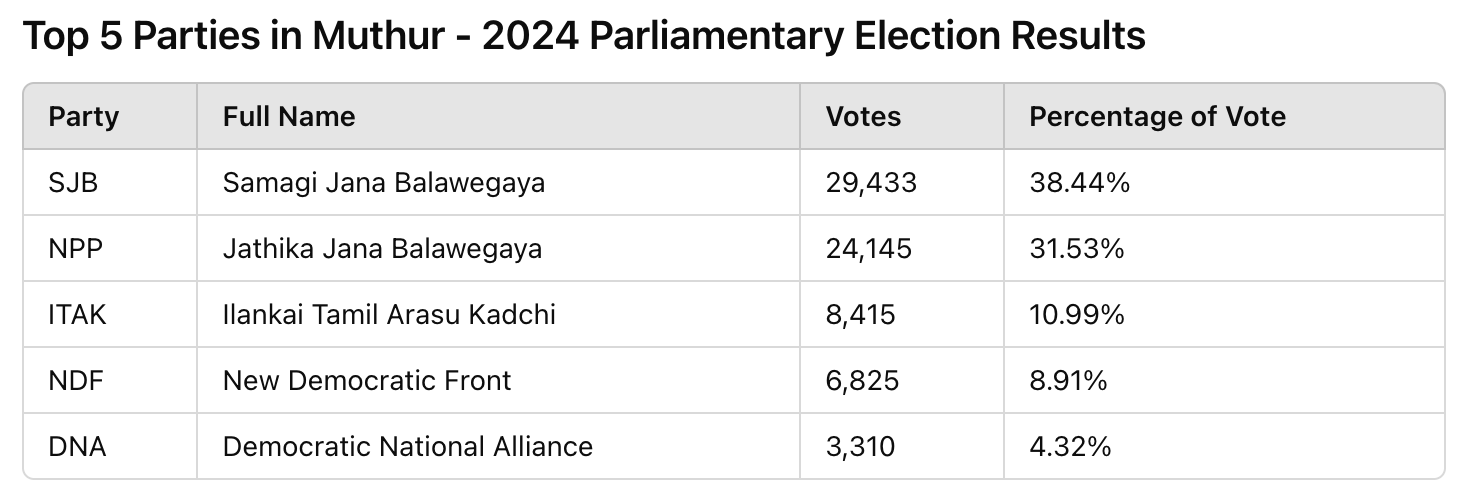
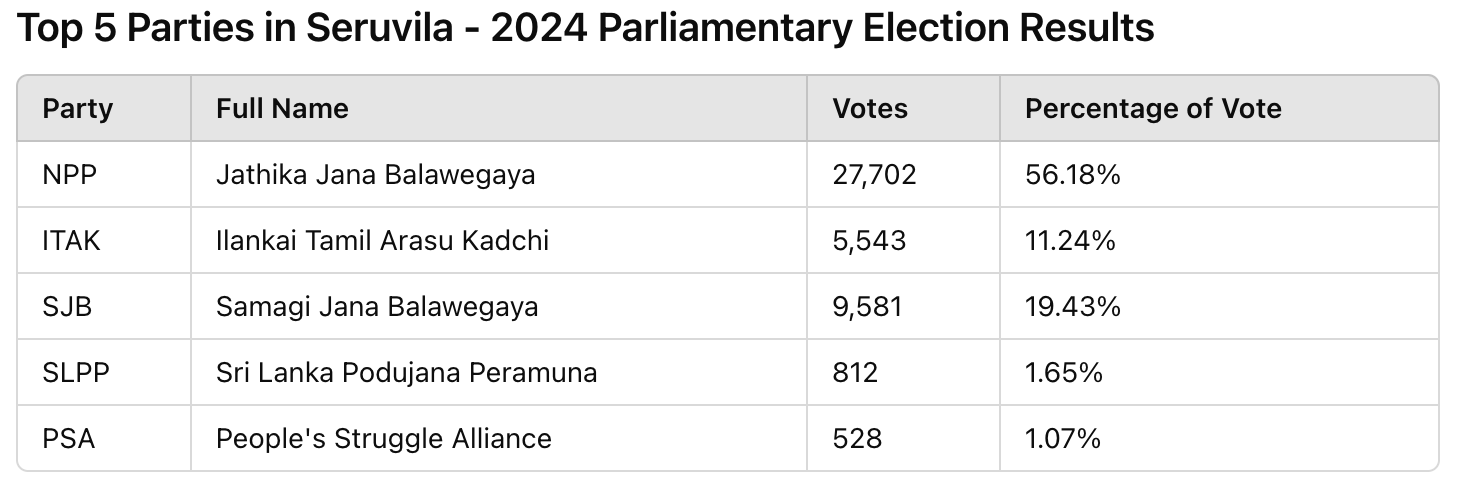
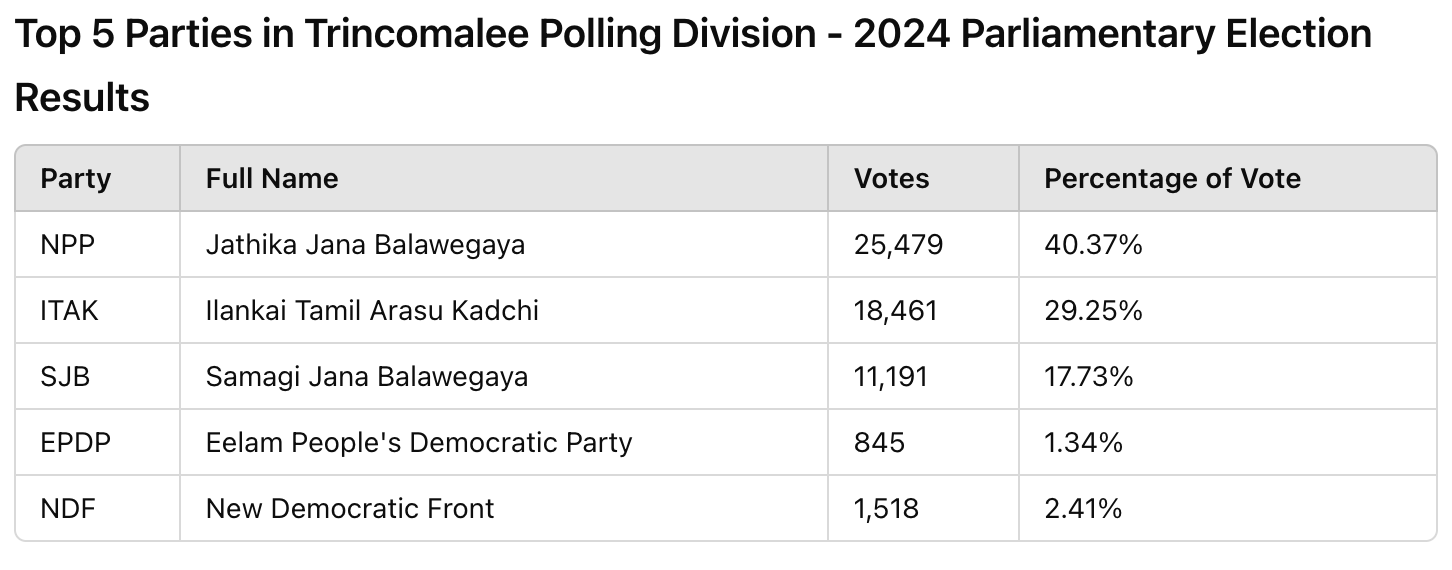
.jpg)
.jpg)
.jpg)
.jpg)
.jpg)

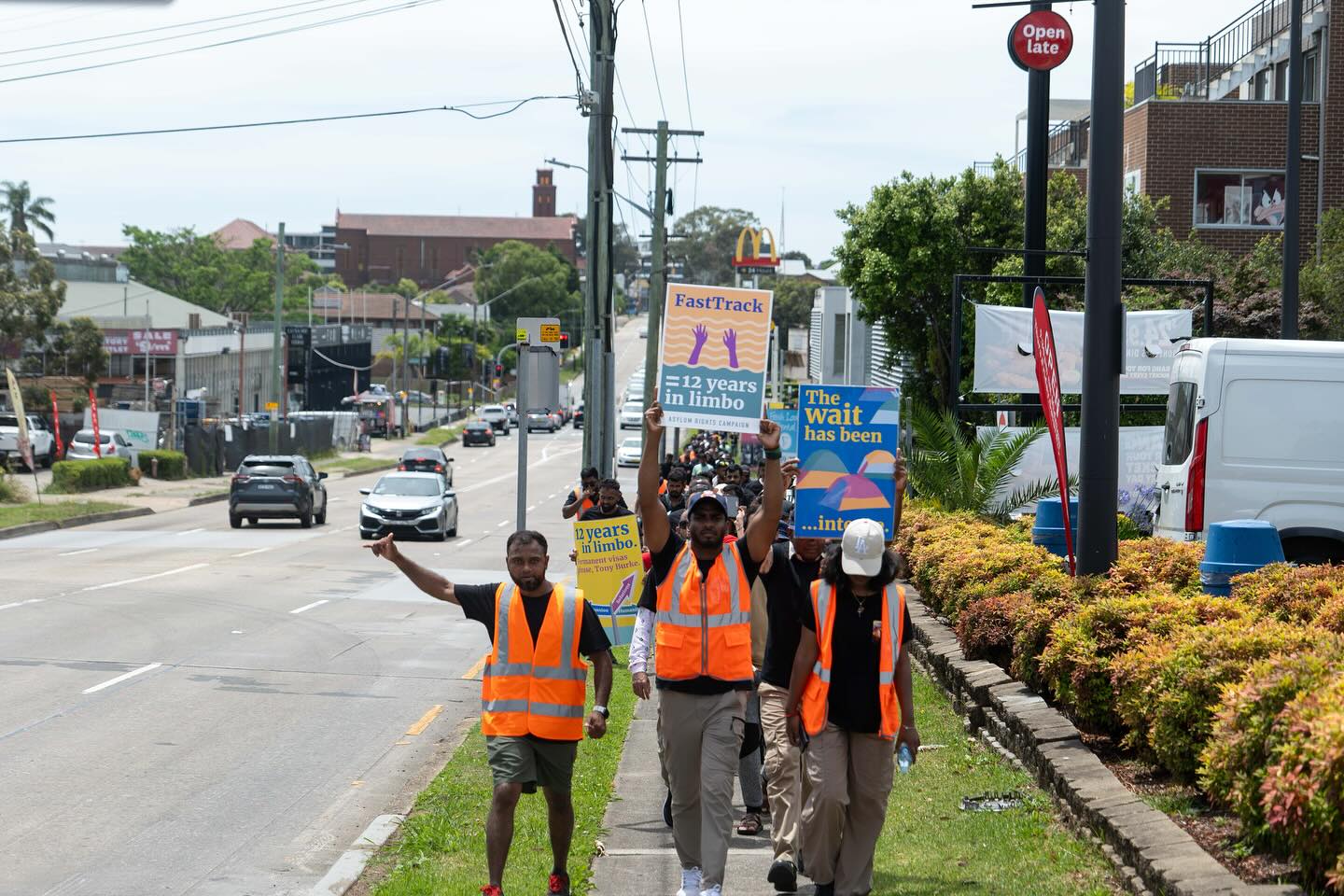

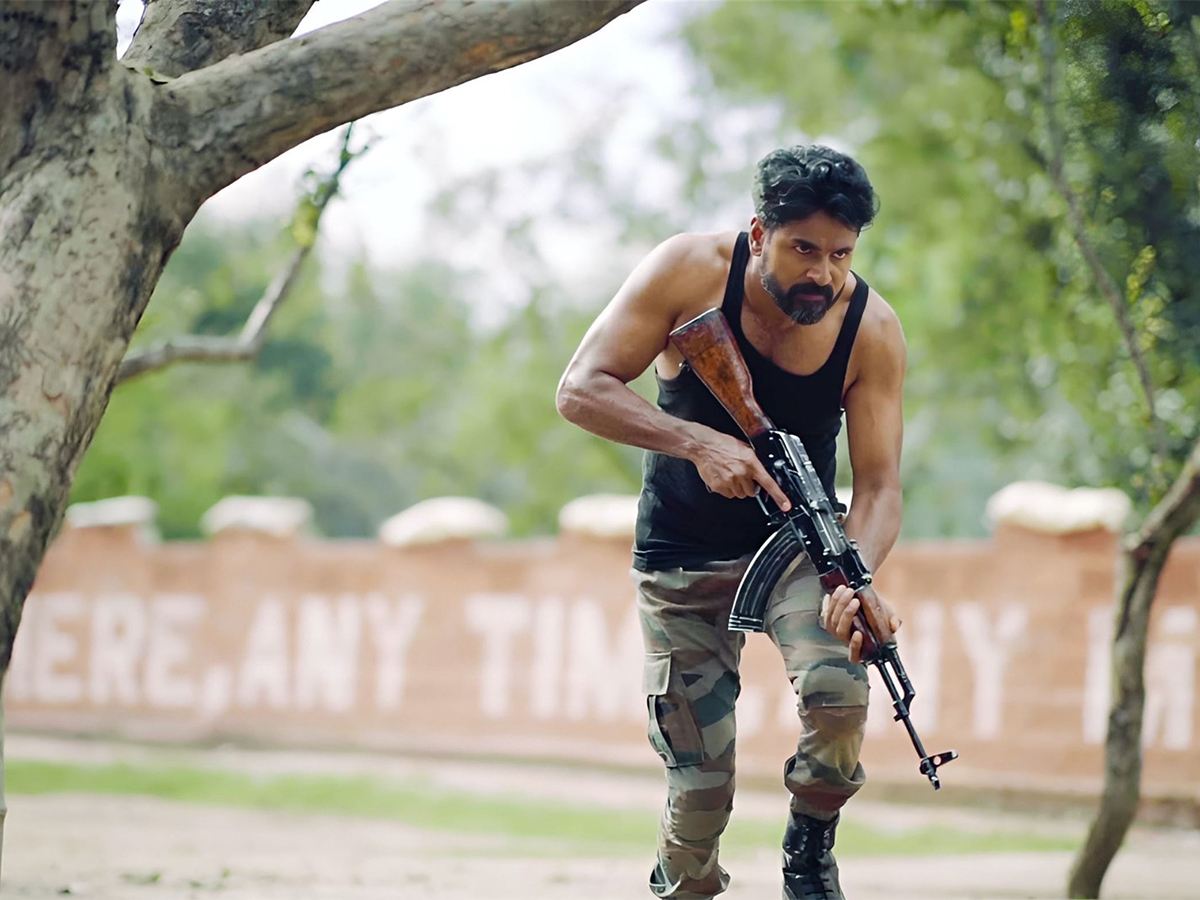

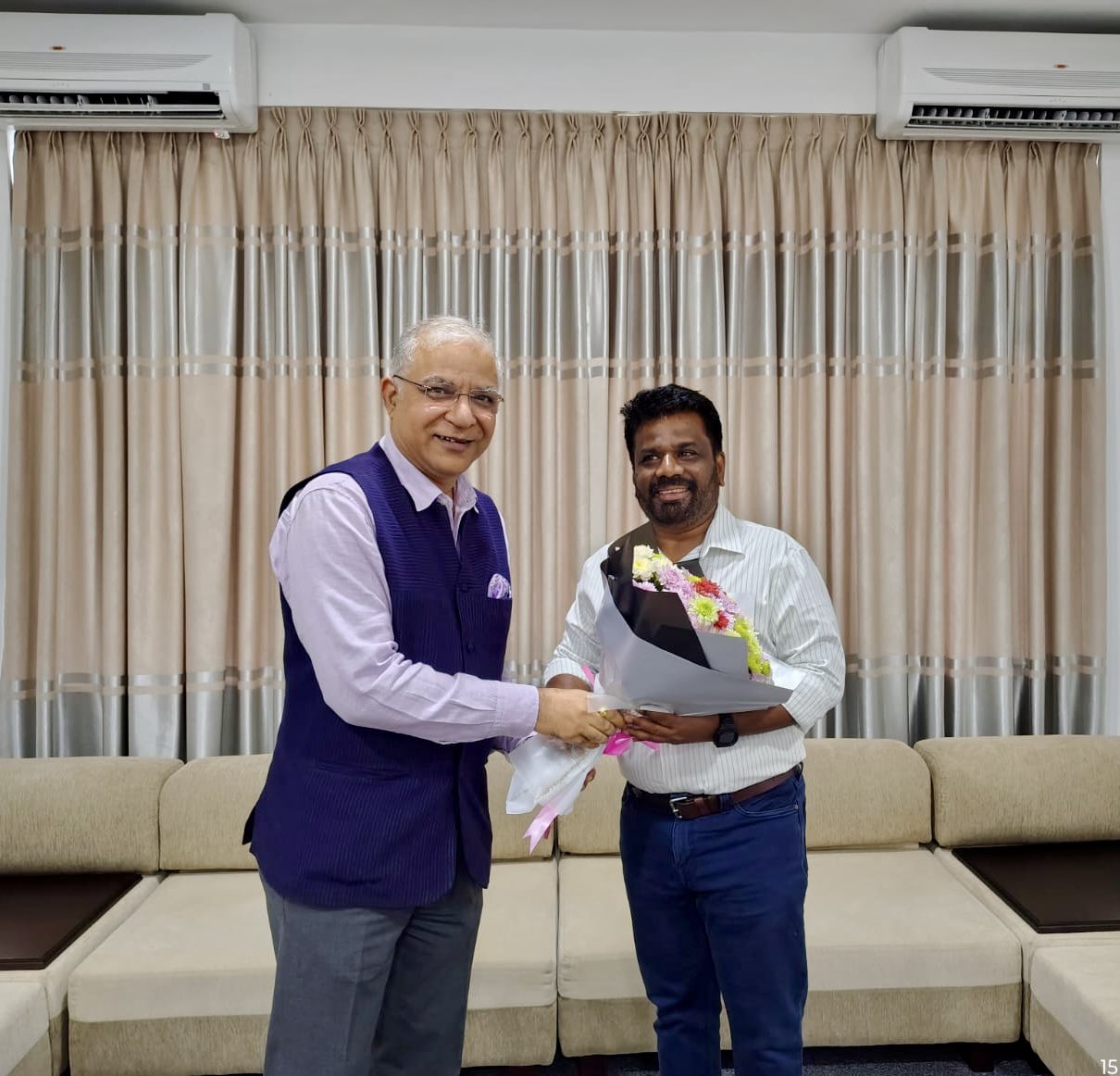

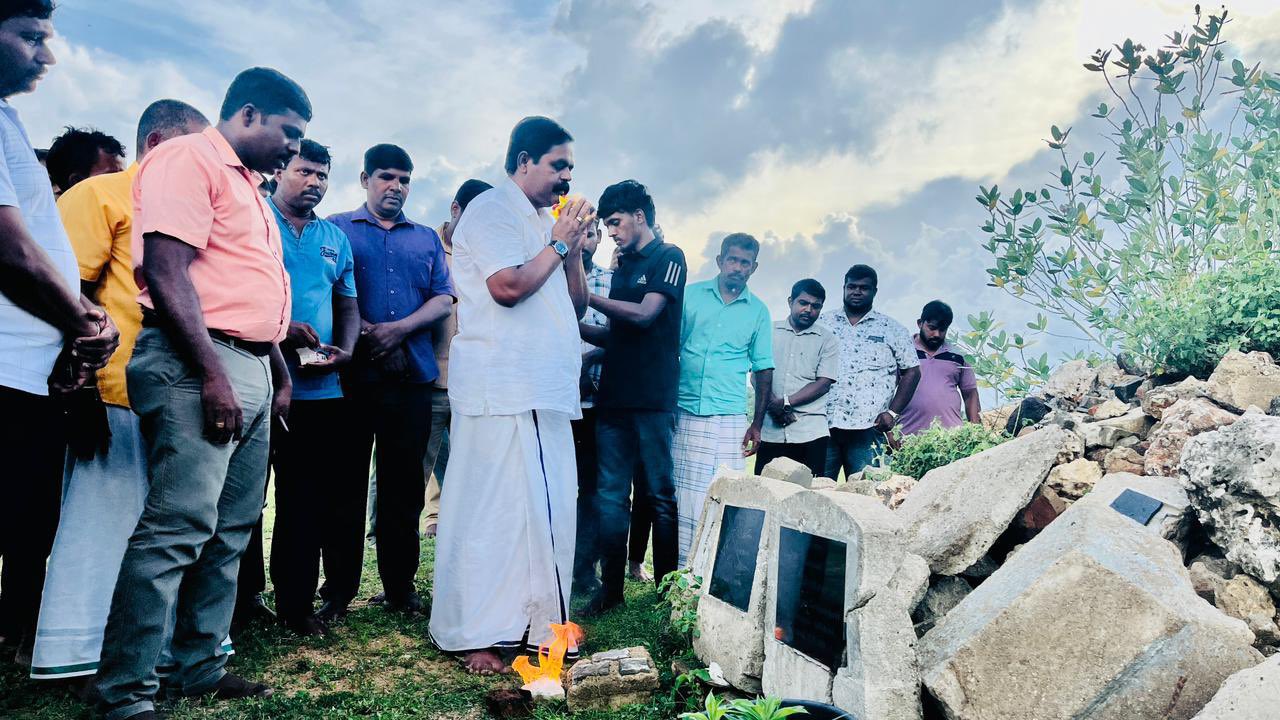
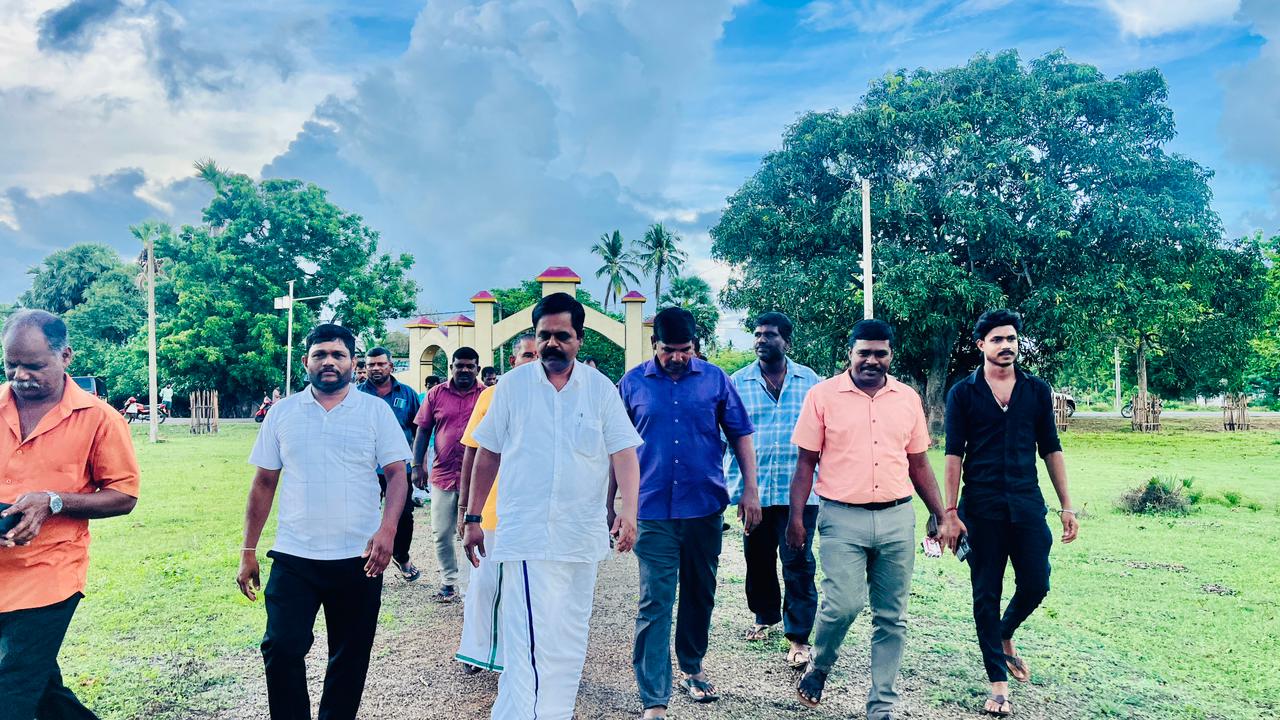
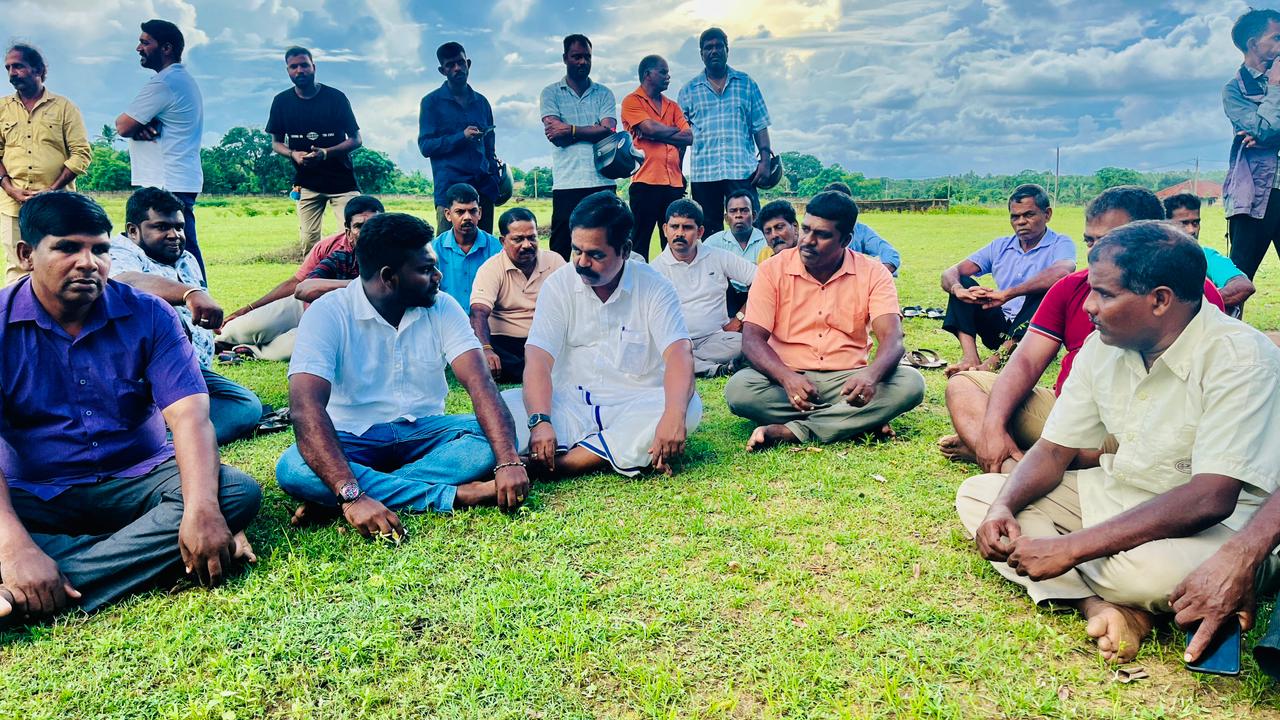

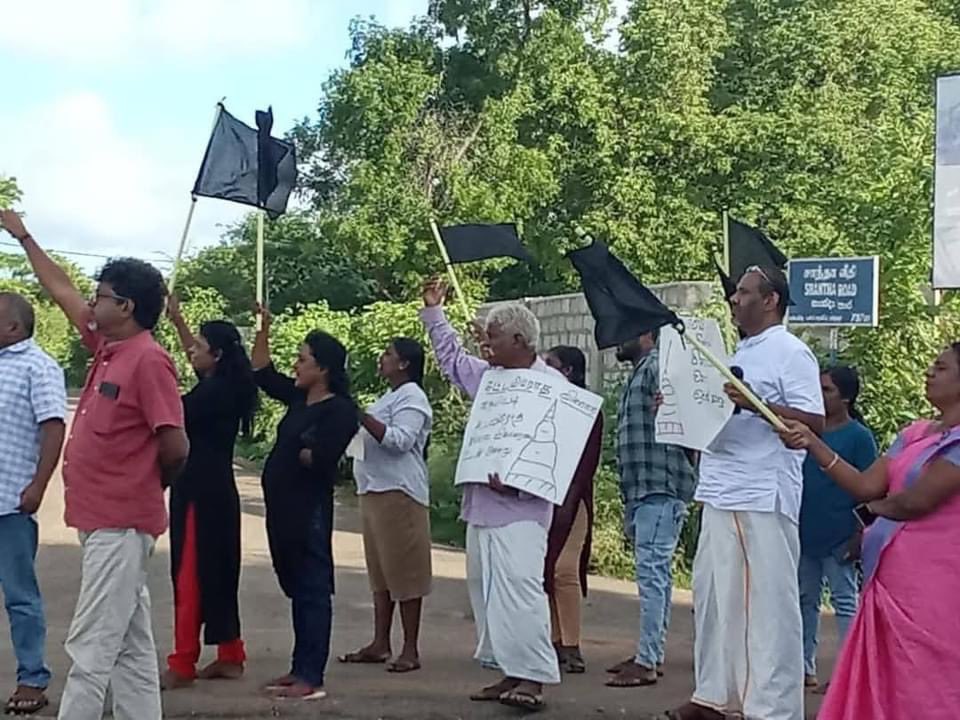
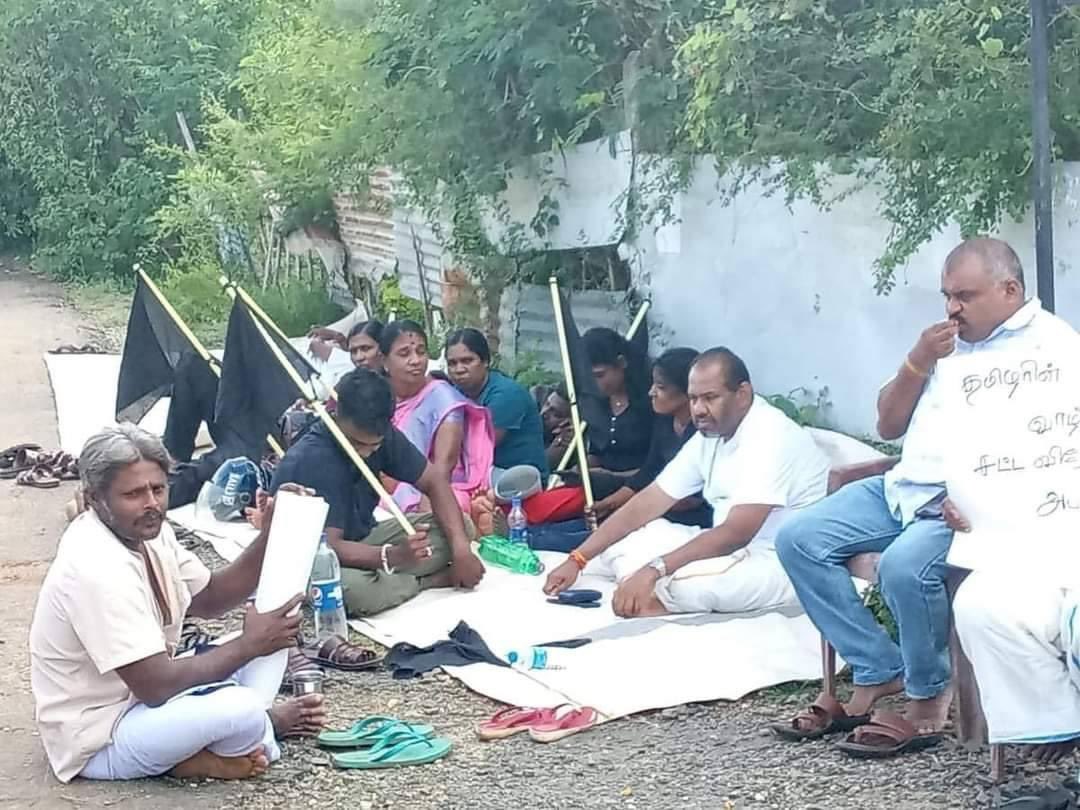
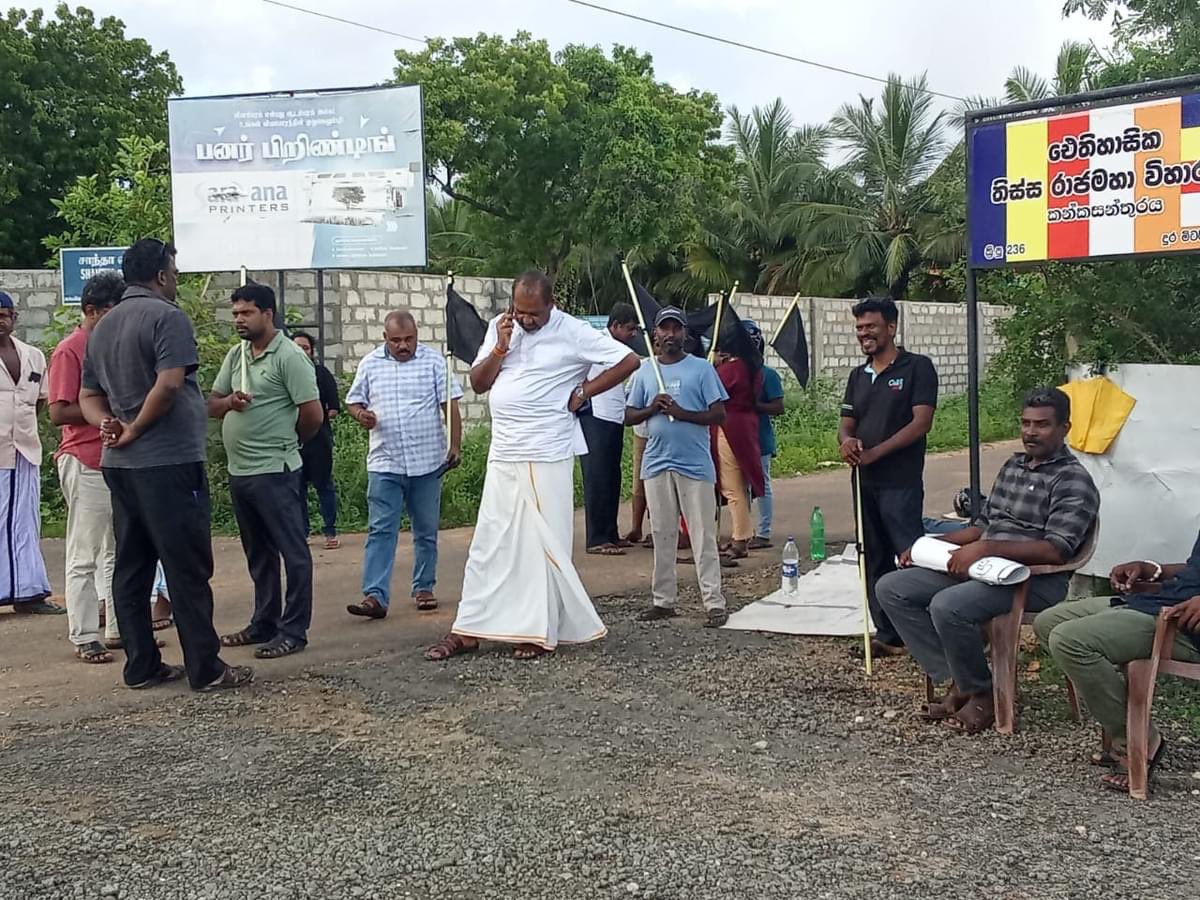

.jpeg)
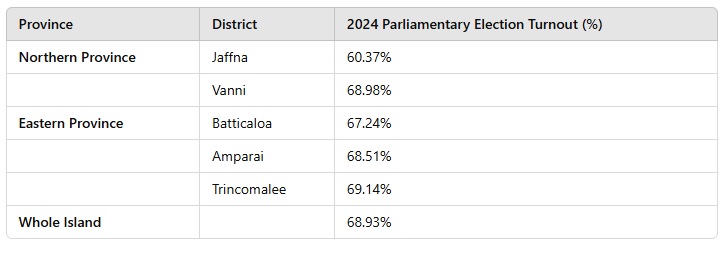
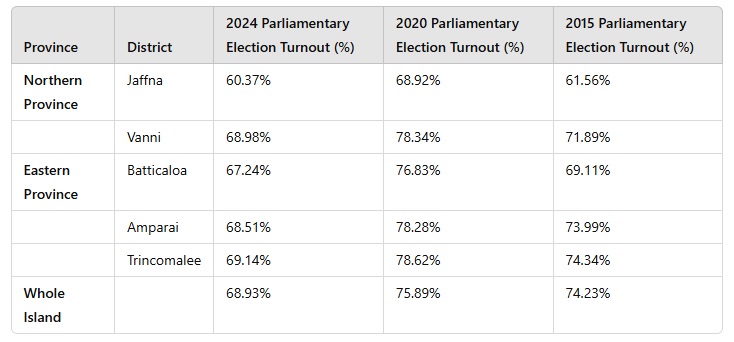
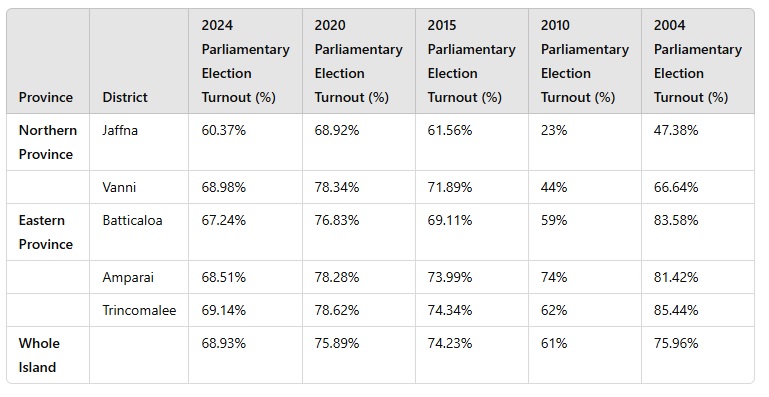
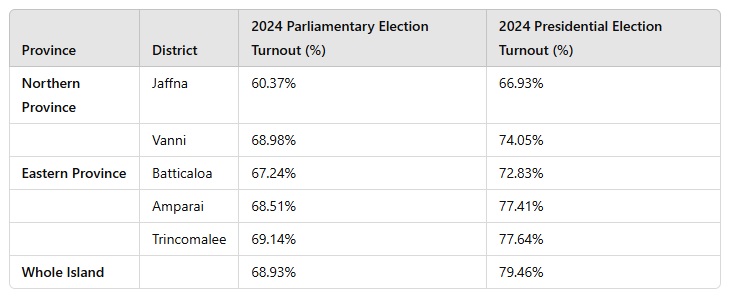






































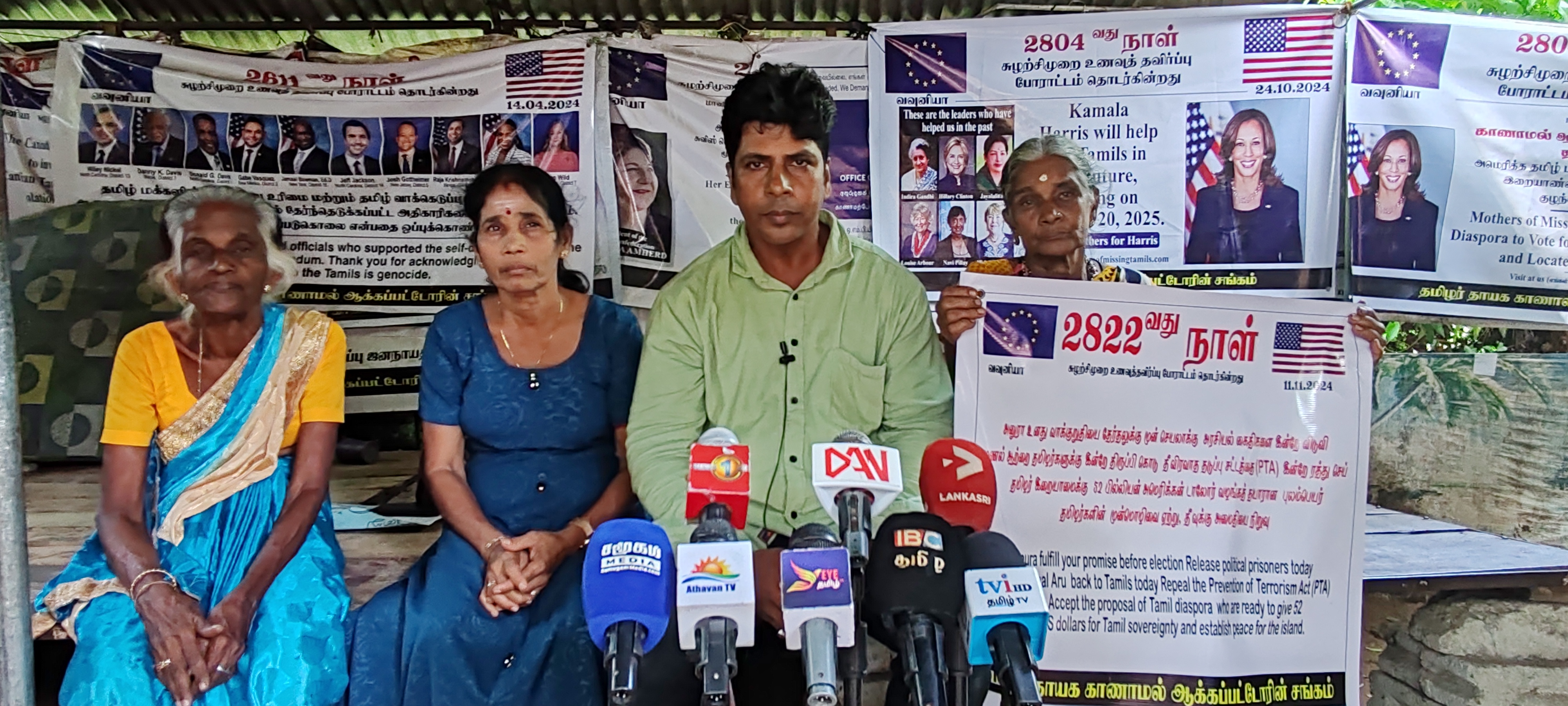

 Since his start in the Telugu film industry and Tamil debut with 2011’s ‘Siruthai’ starring Karthi, Siva has unabashedly aimed to provide nothing but mindless entertainment for his audience. If you are looking for leave-your-brain-at-home, escapist cinema, Siva will provide by the bucket.
Since his start in the Telugu film industry and Tamil debut with 2011’s ‘Siruthai’ starring Karthi, Siva has unabashedly aimed to provide nothing but mindless entertainment for his audience. If you are looking for leave-your-brain-at-home, escapist cinema, Siva will provide by the bucket.
.jpeg)
.jpg)
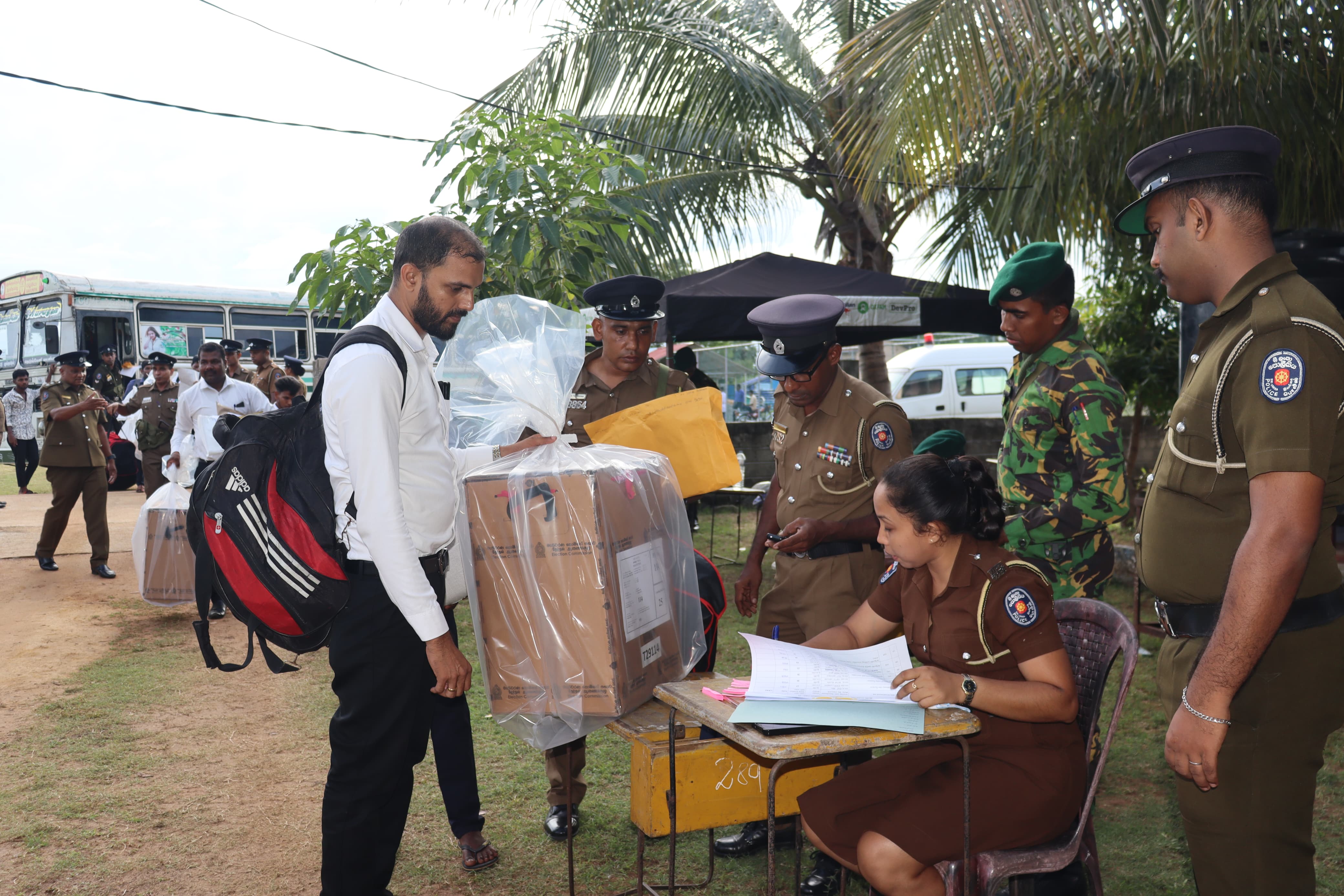
.jpeg)
.jpeg)
.jpeg)
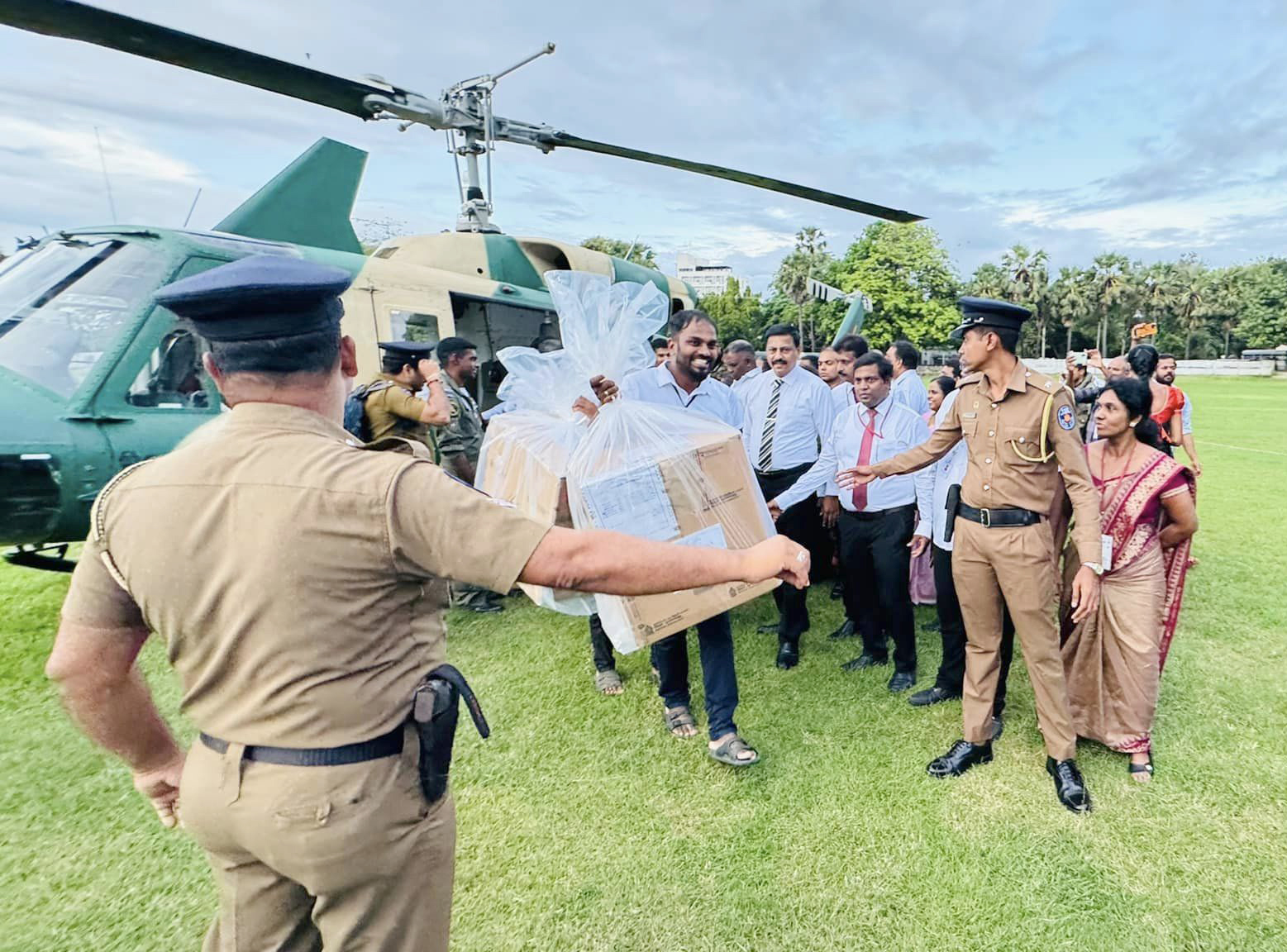
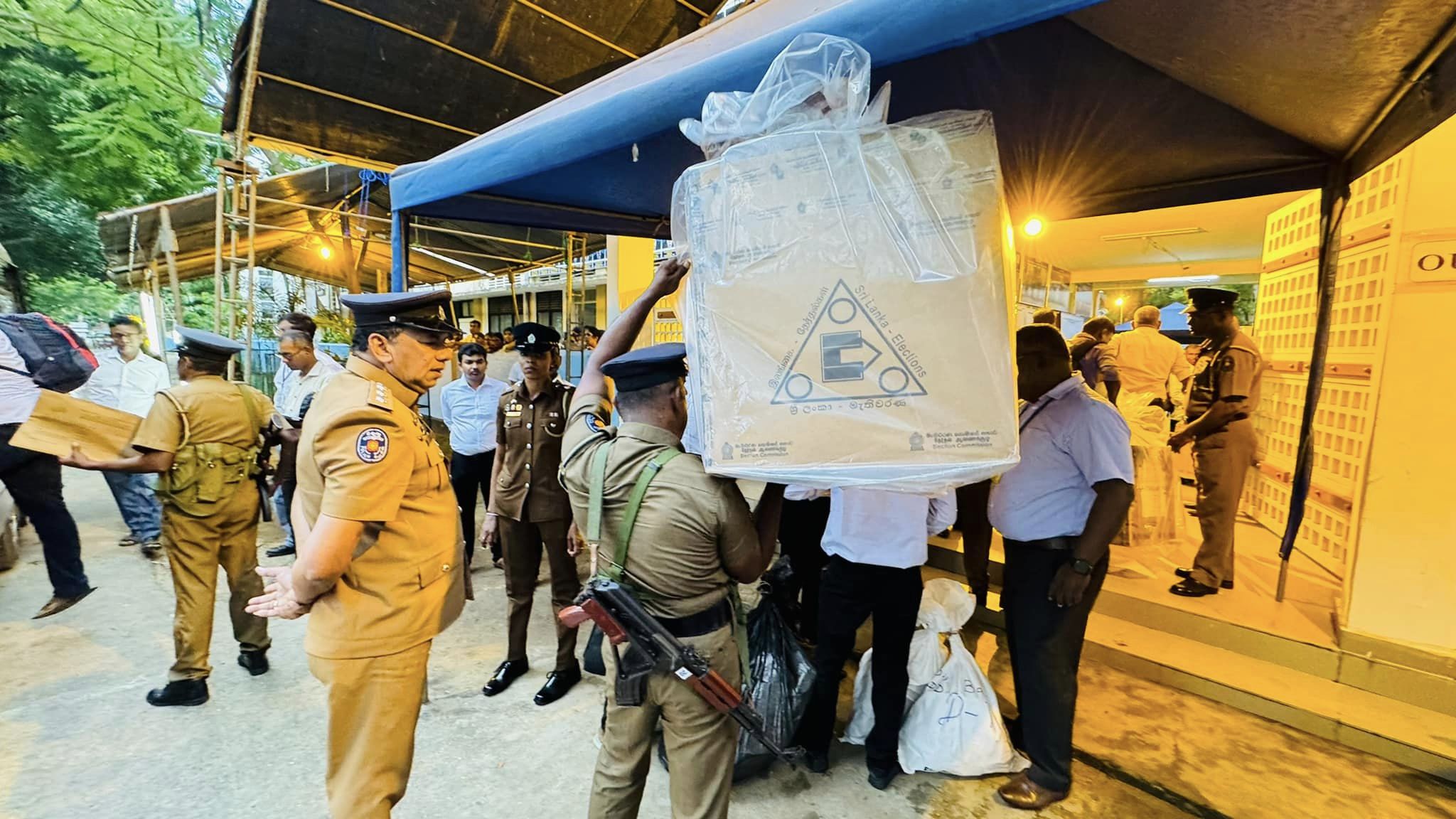
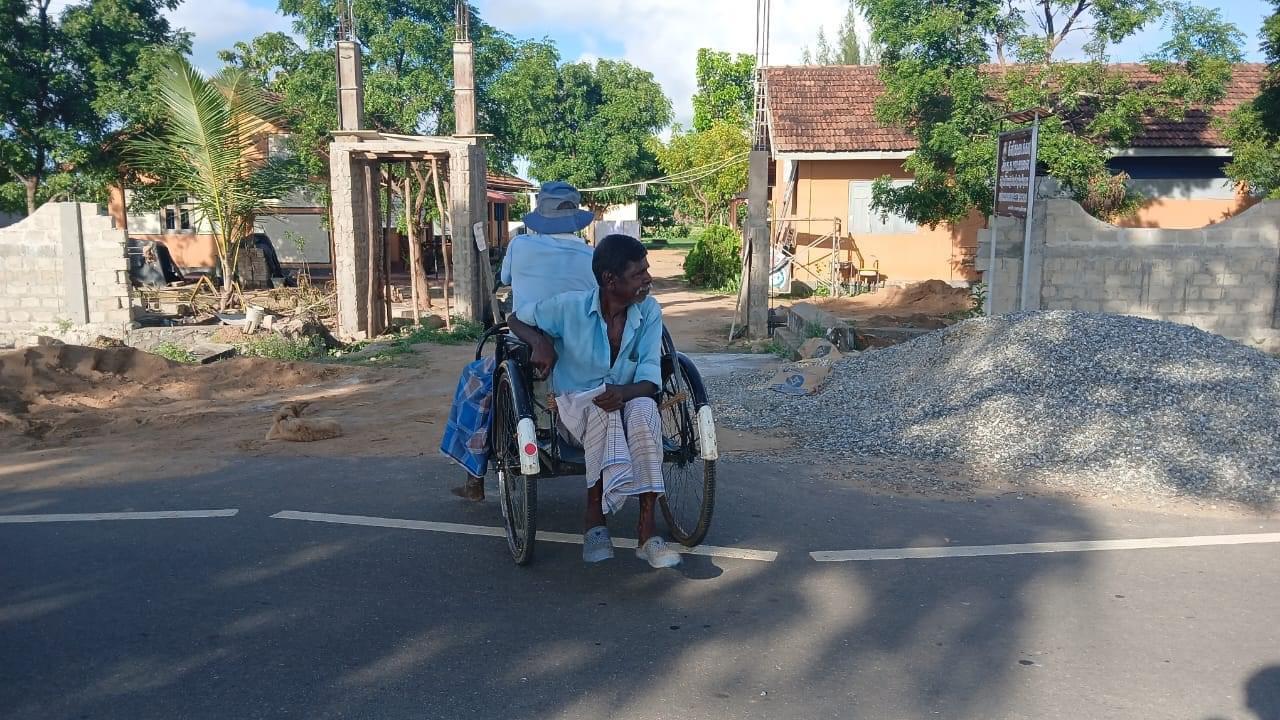
.jpg)
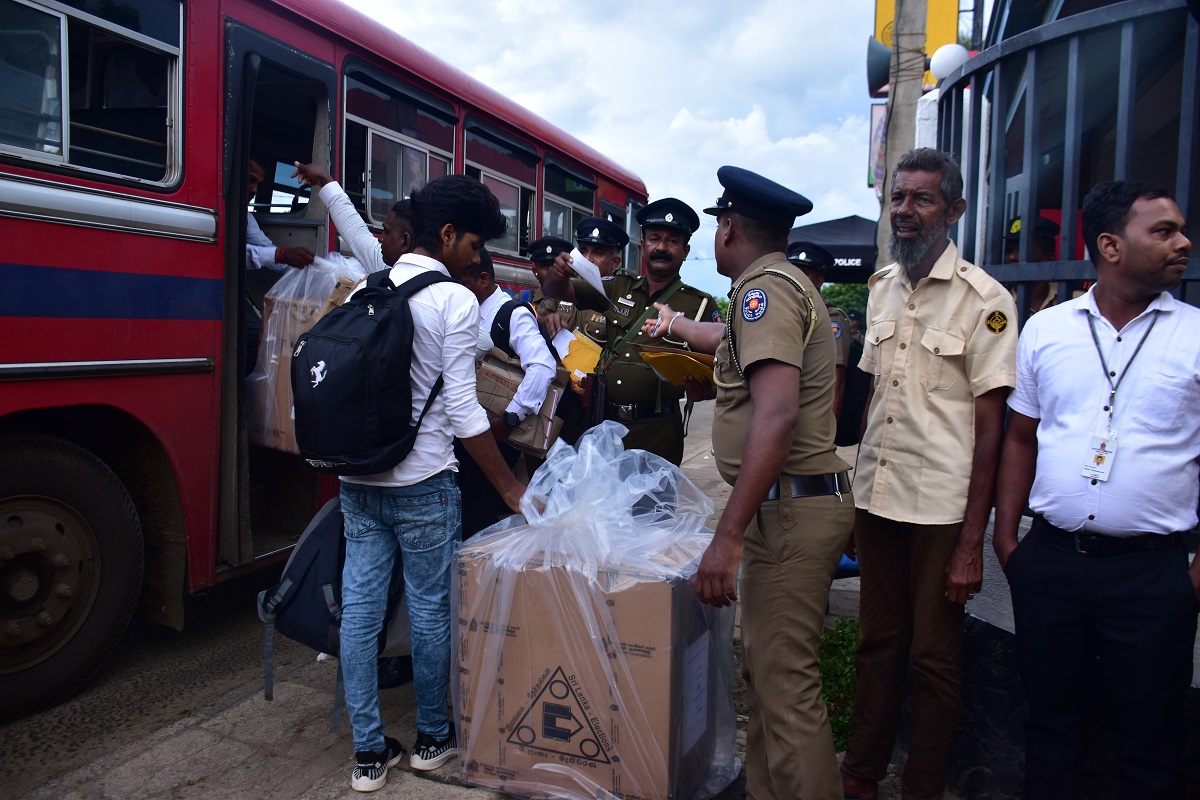
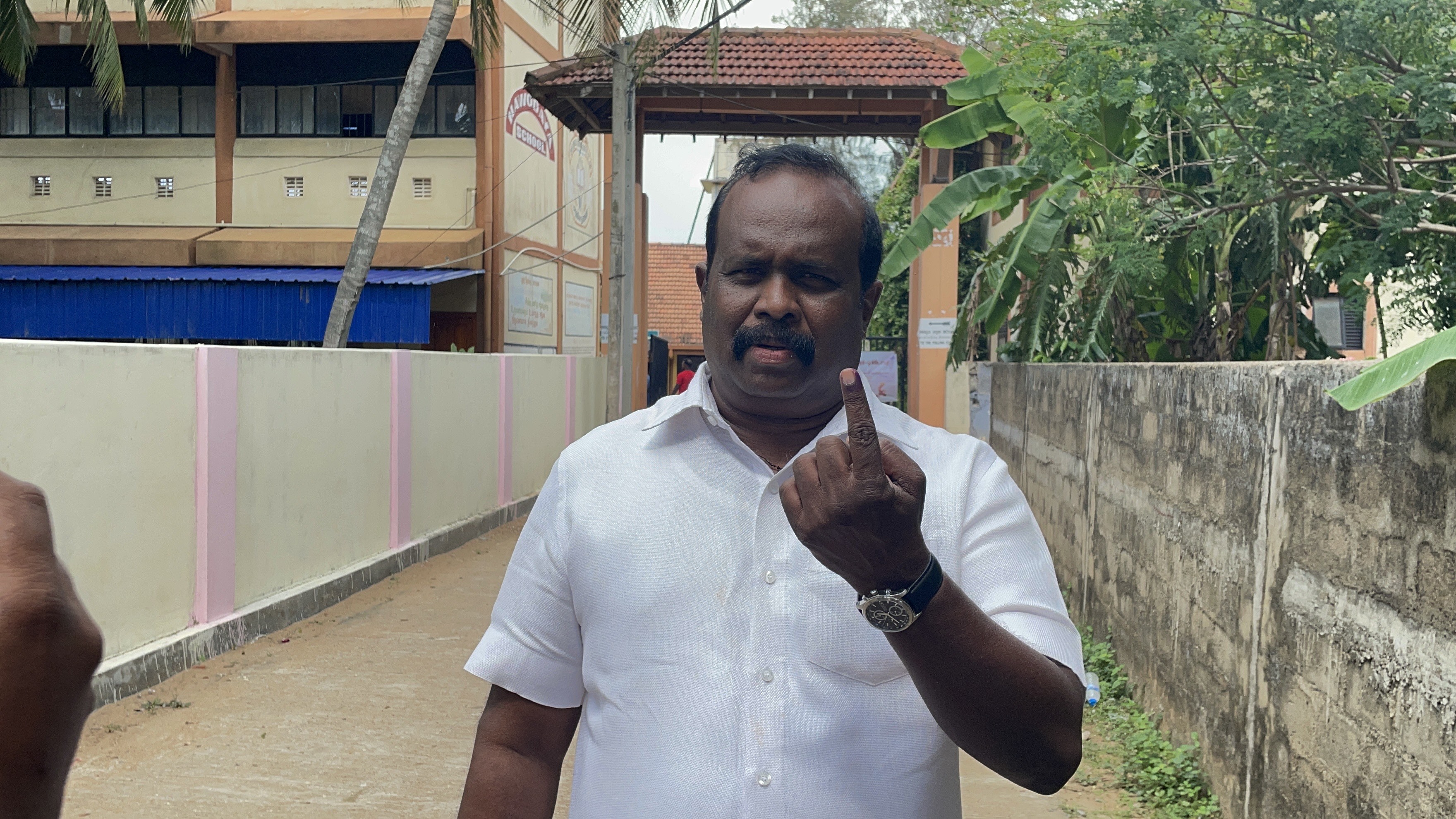
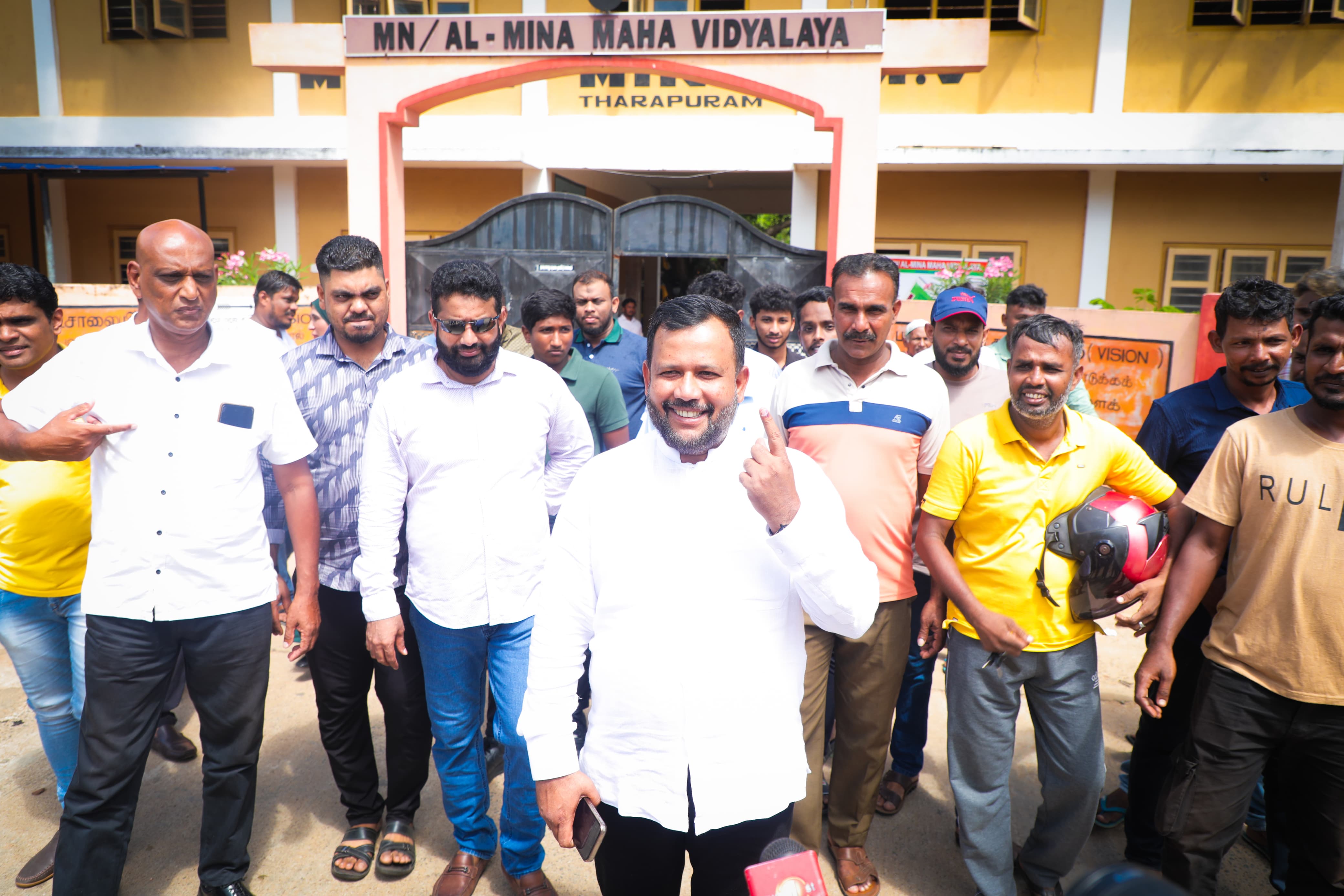
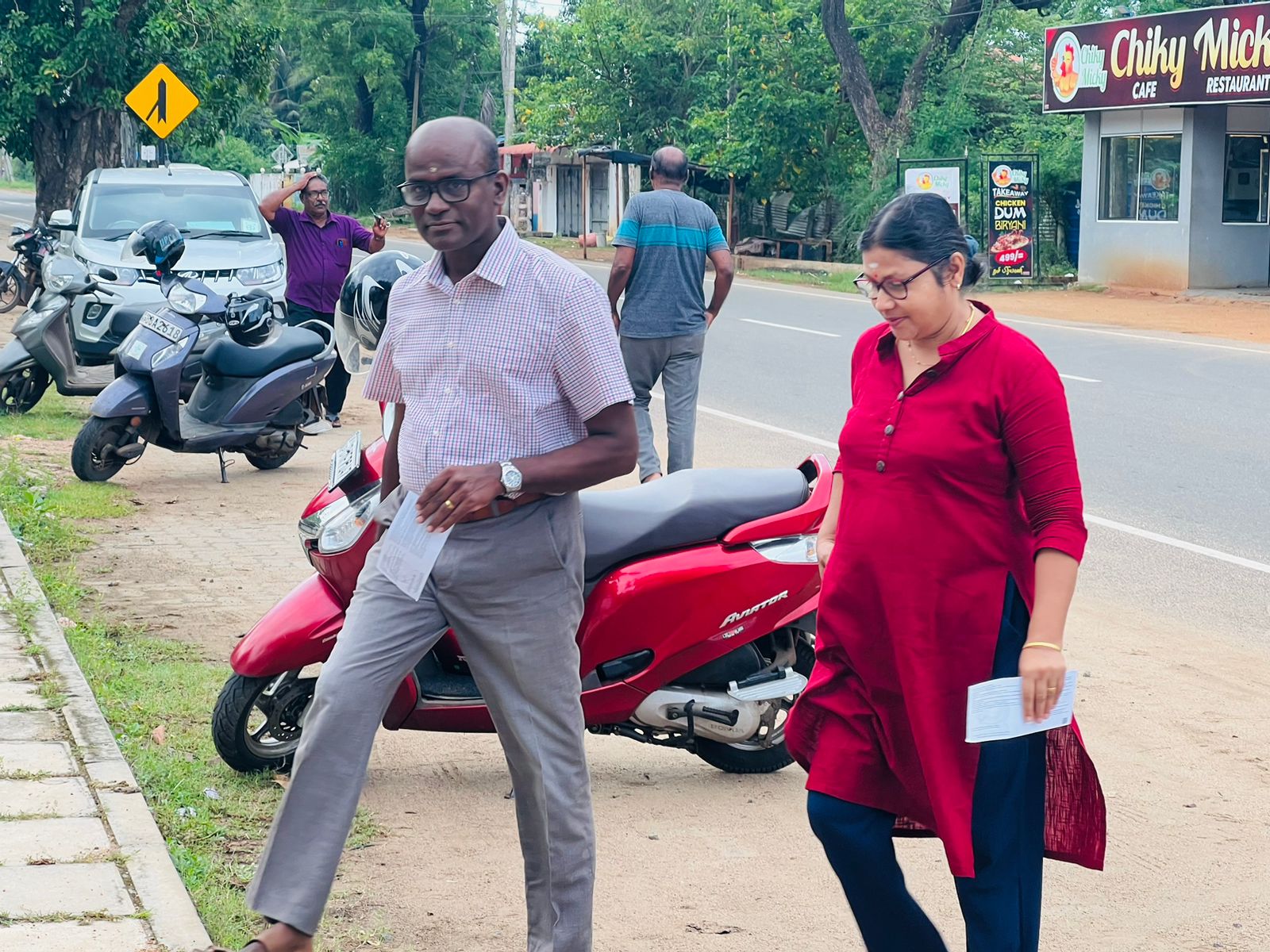
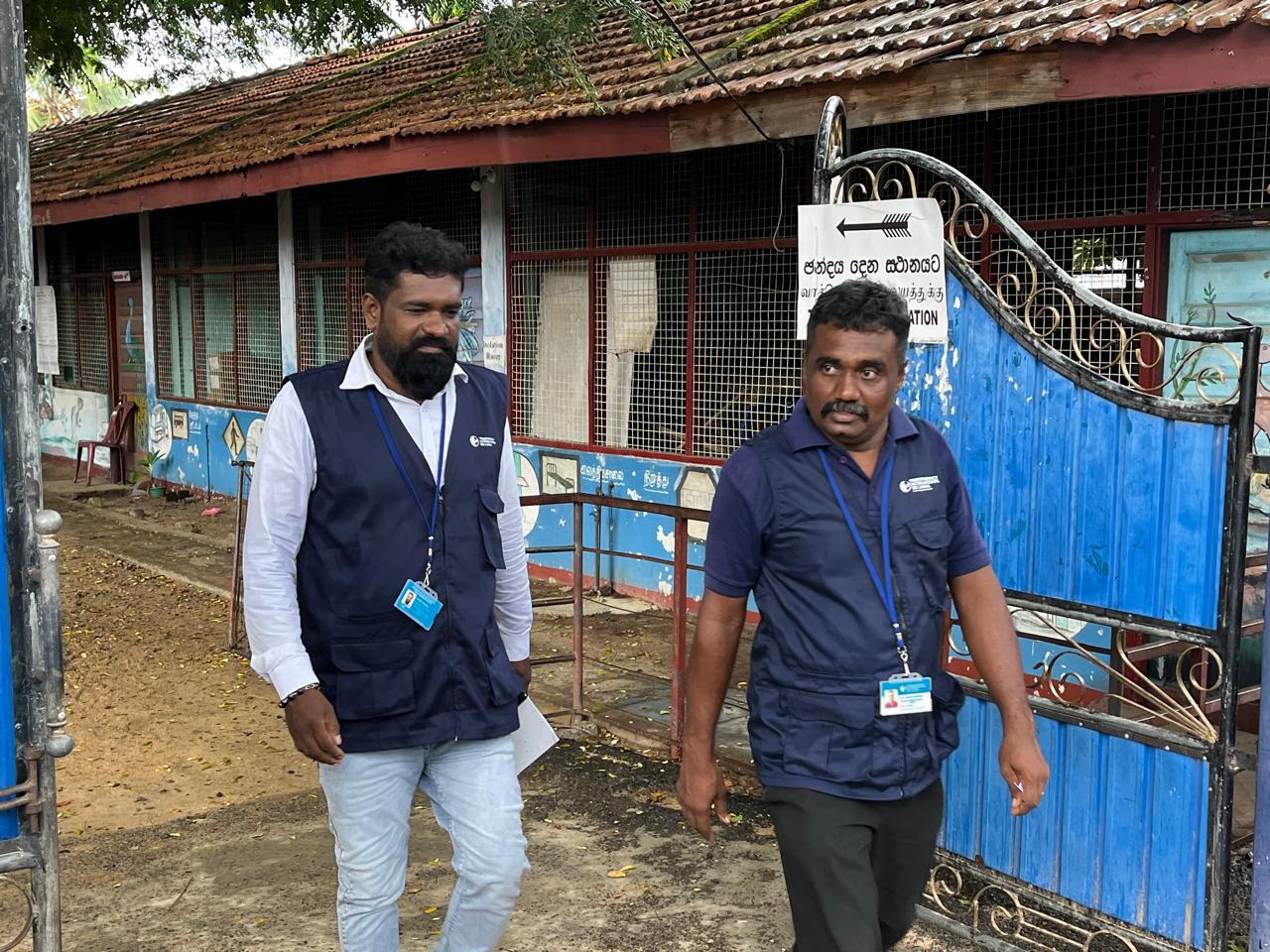
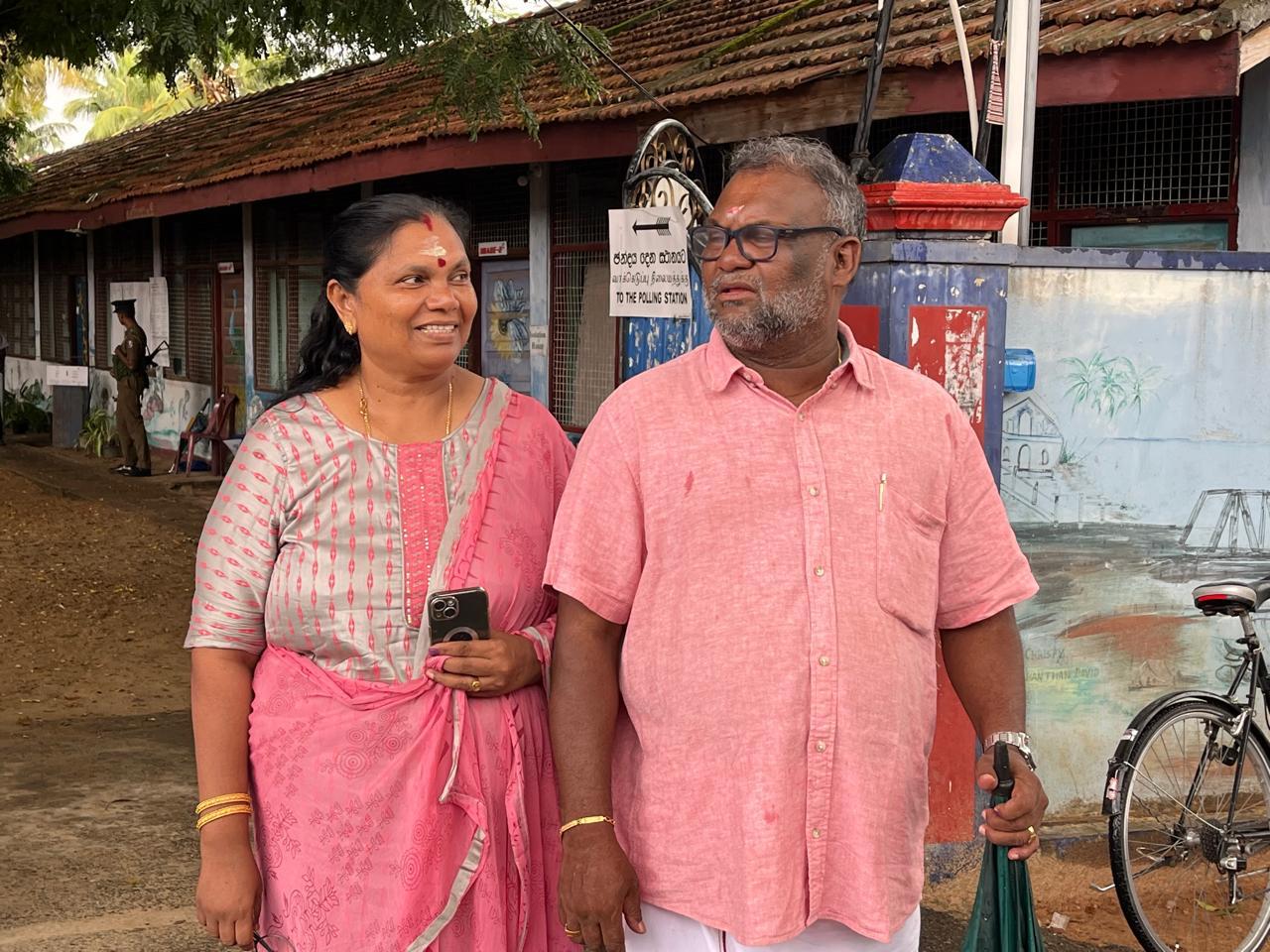
.jpeg)
.jpeg)
.jpeg)
.jpeg)
.jpeg)

.jpeg)

.jpeg)

